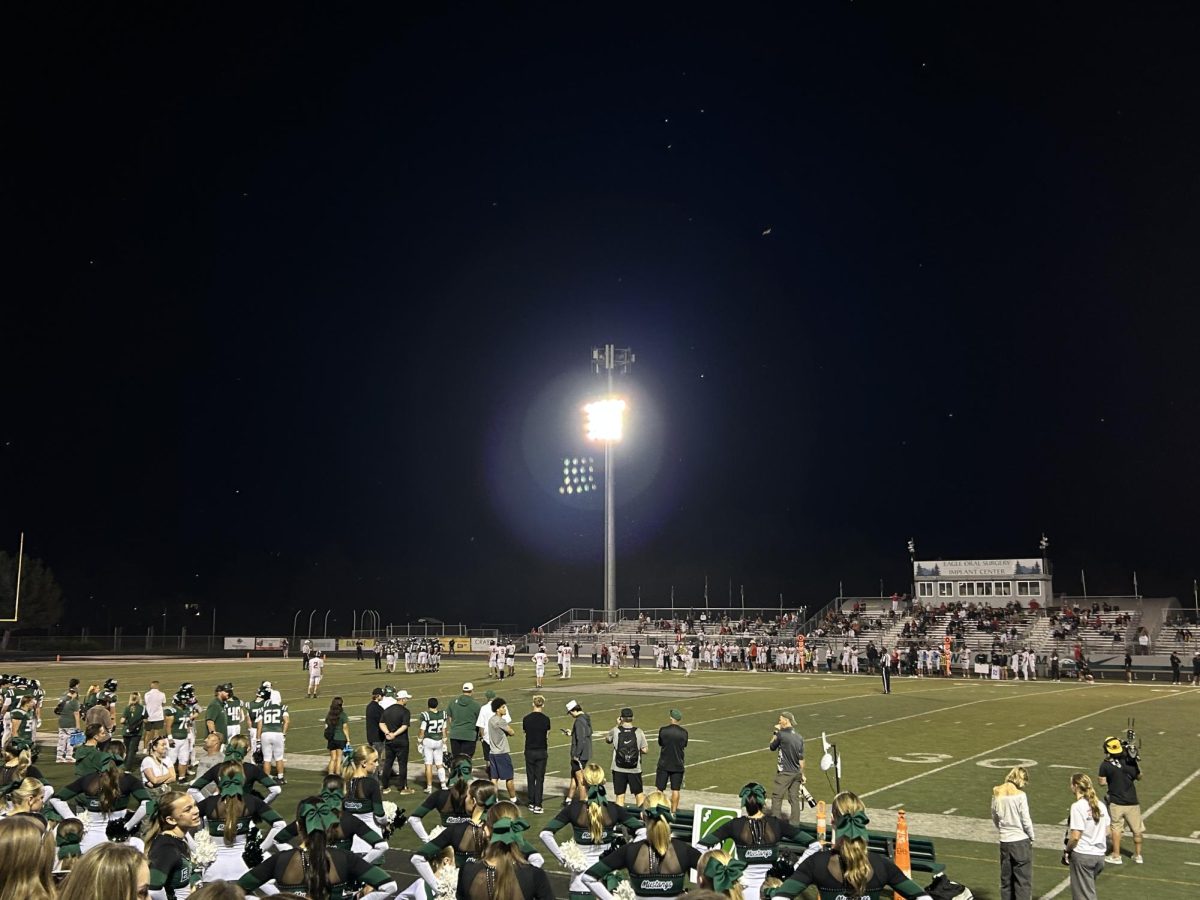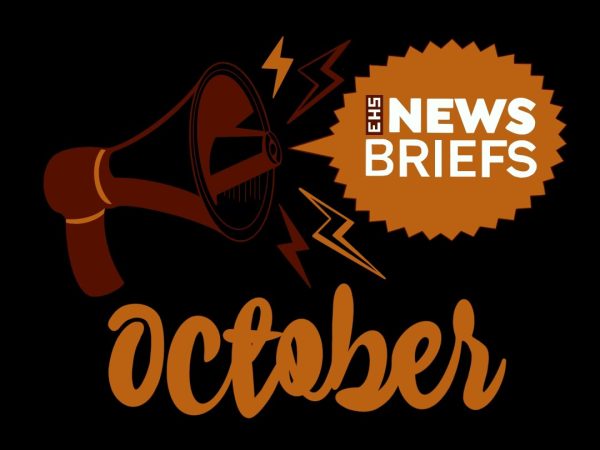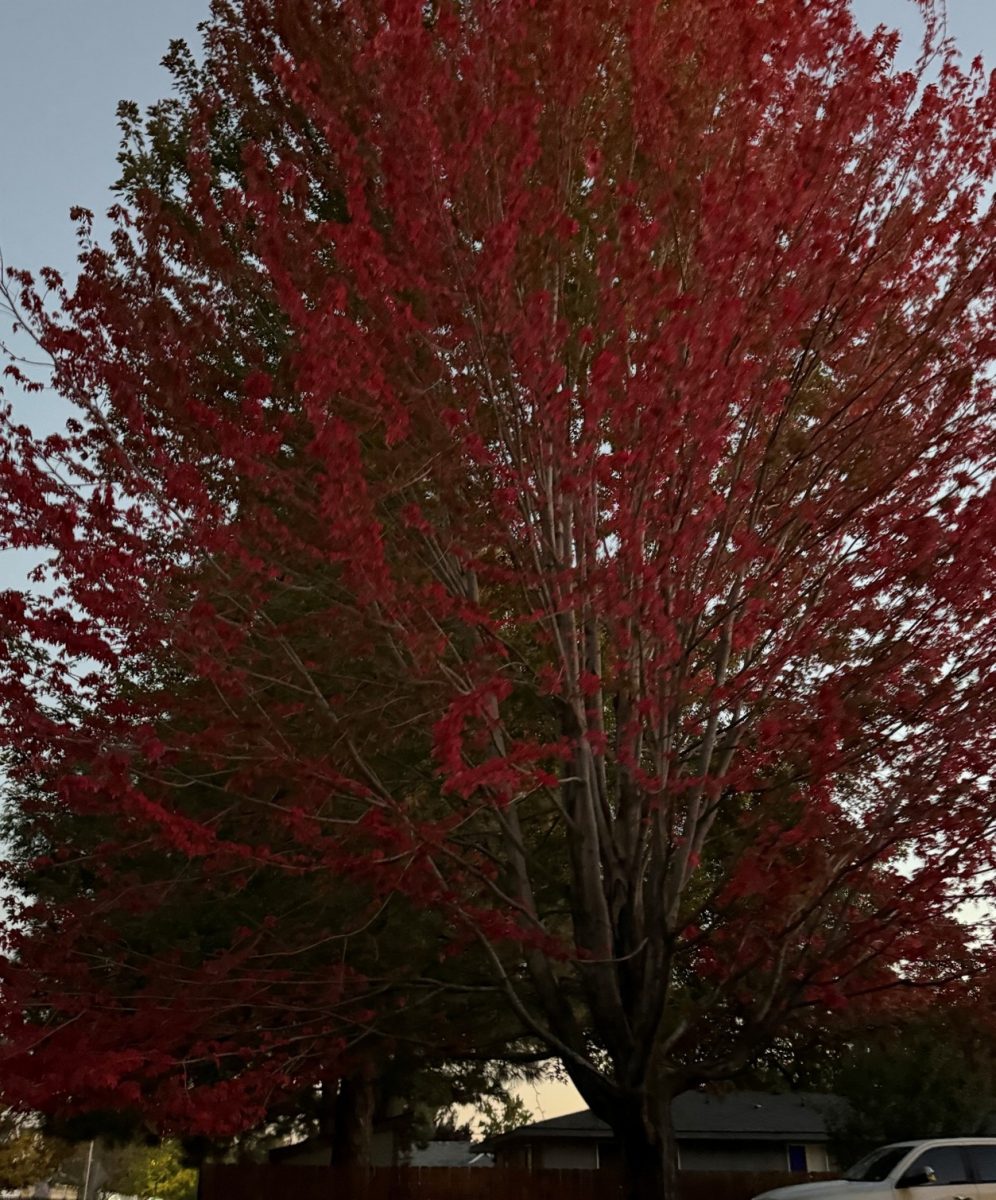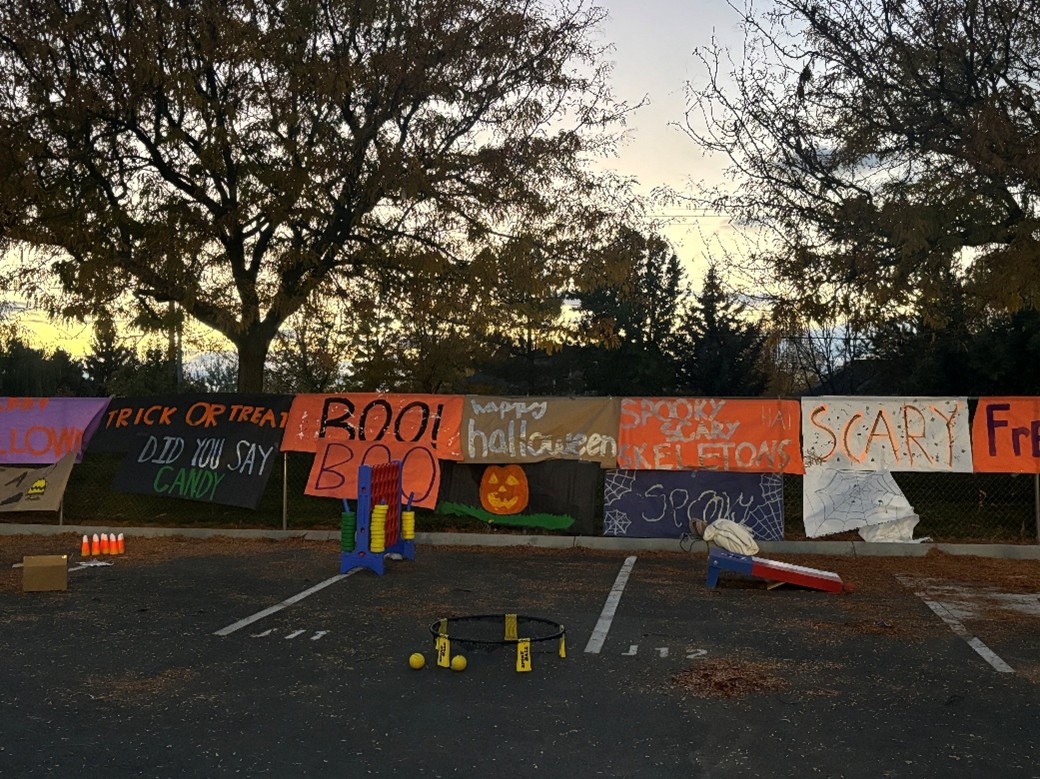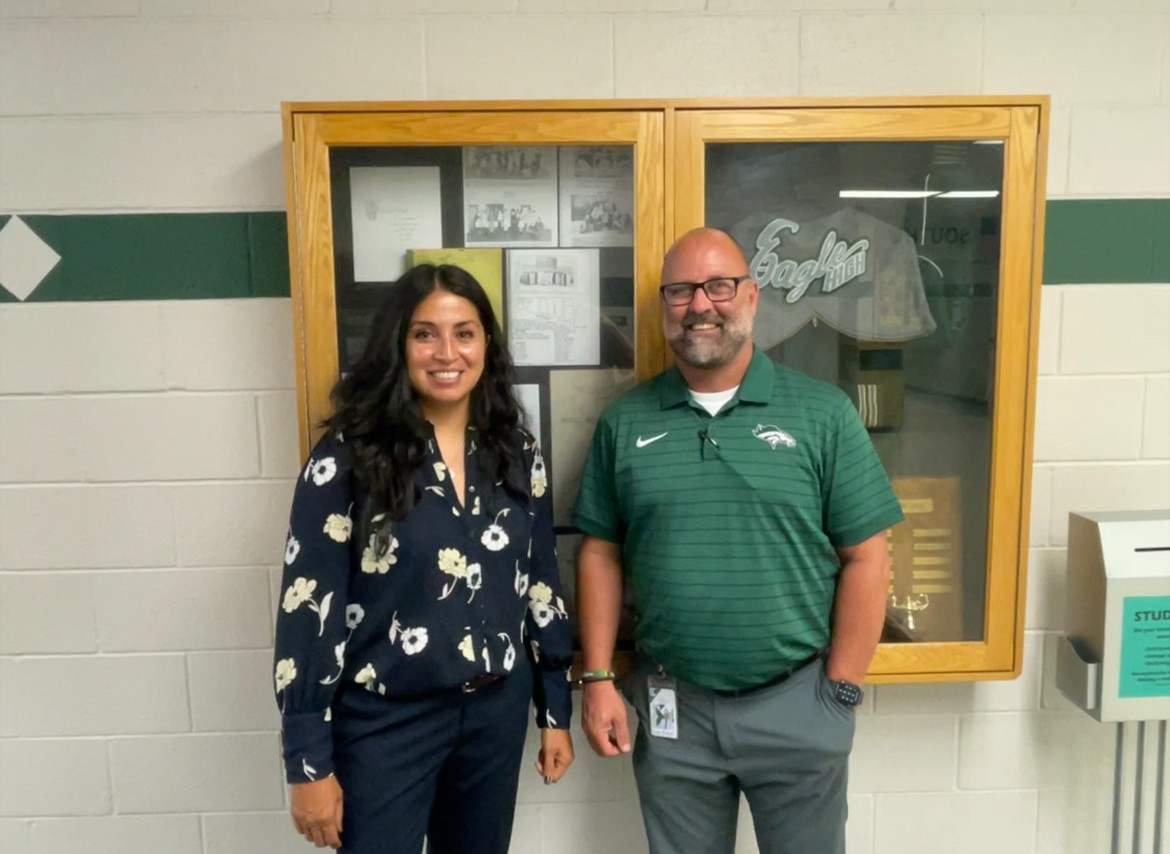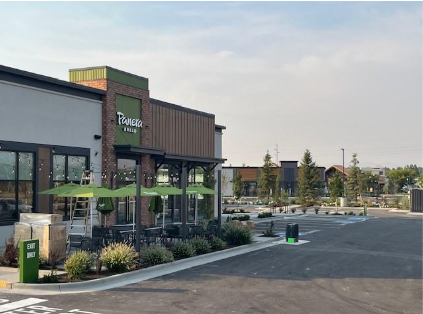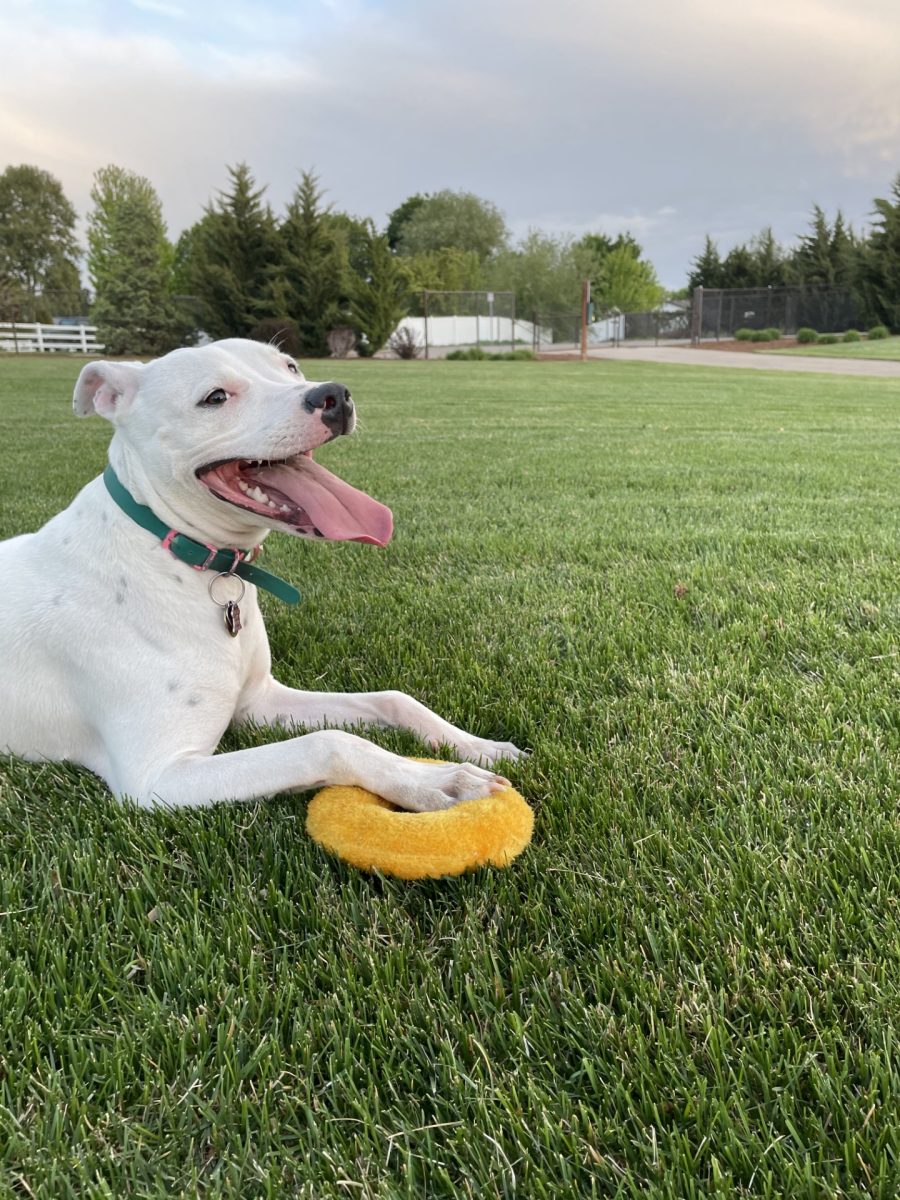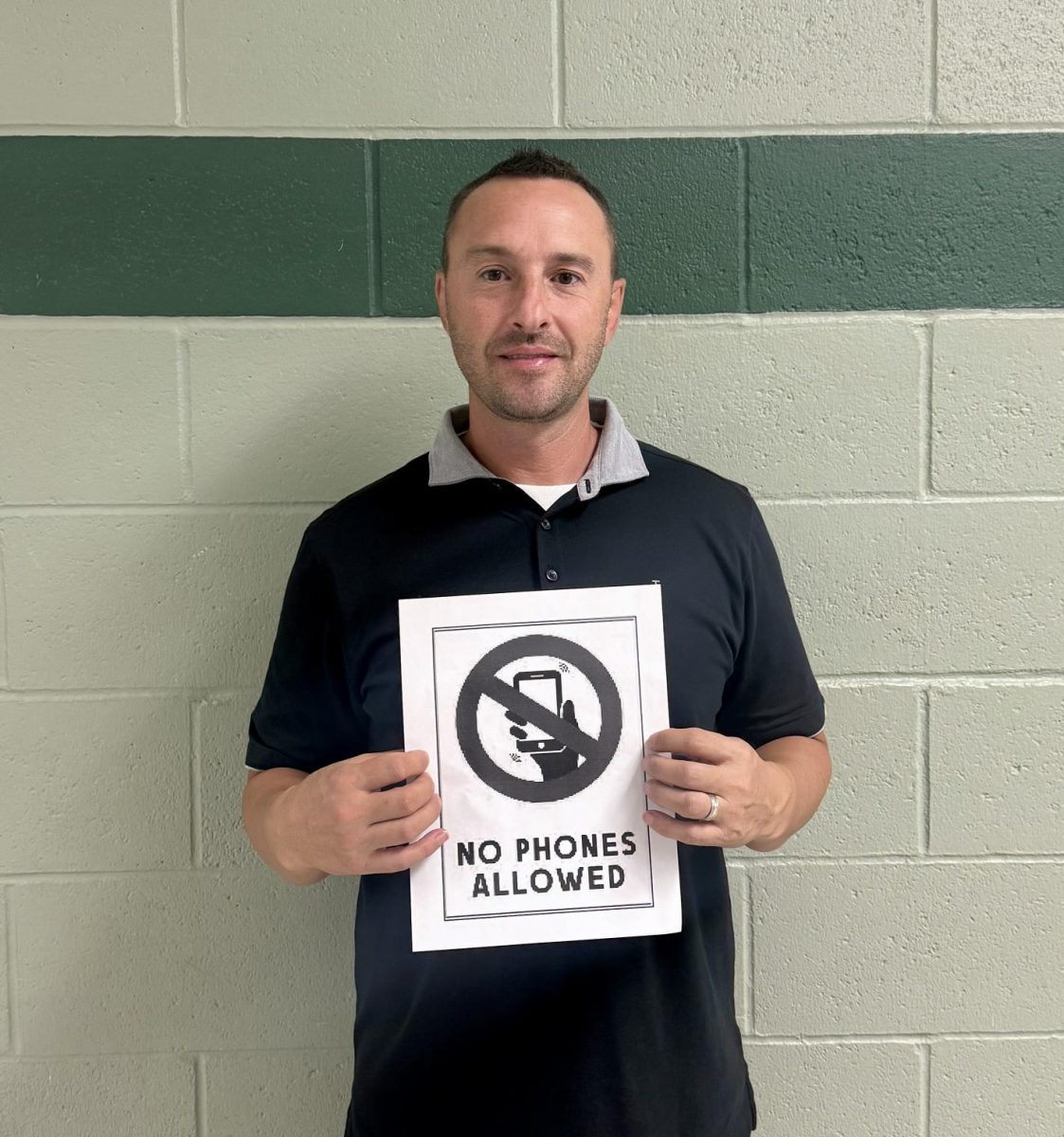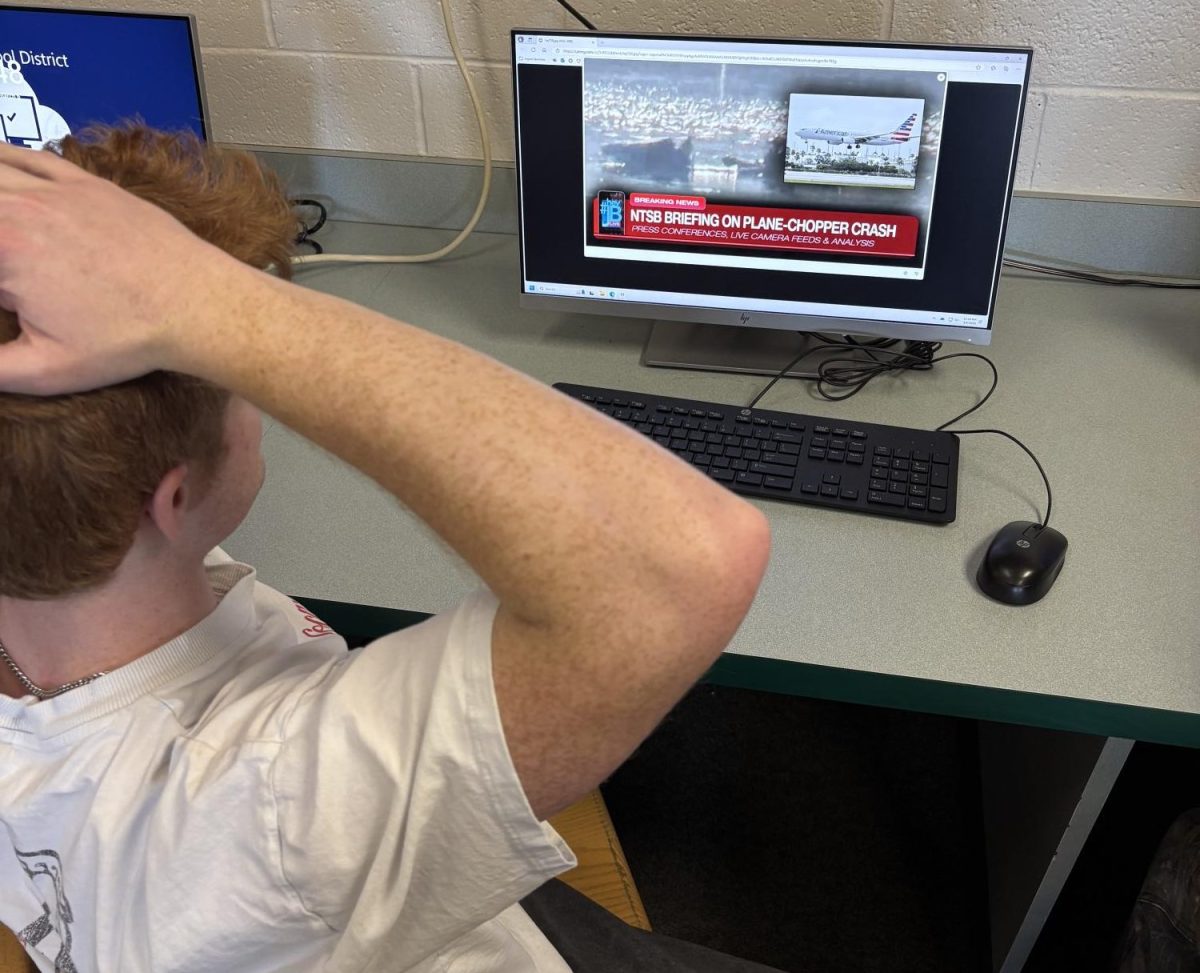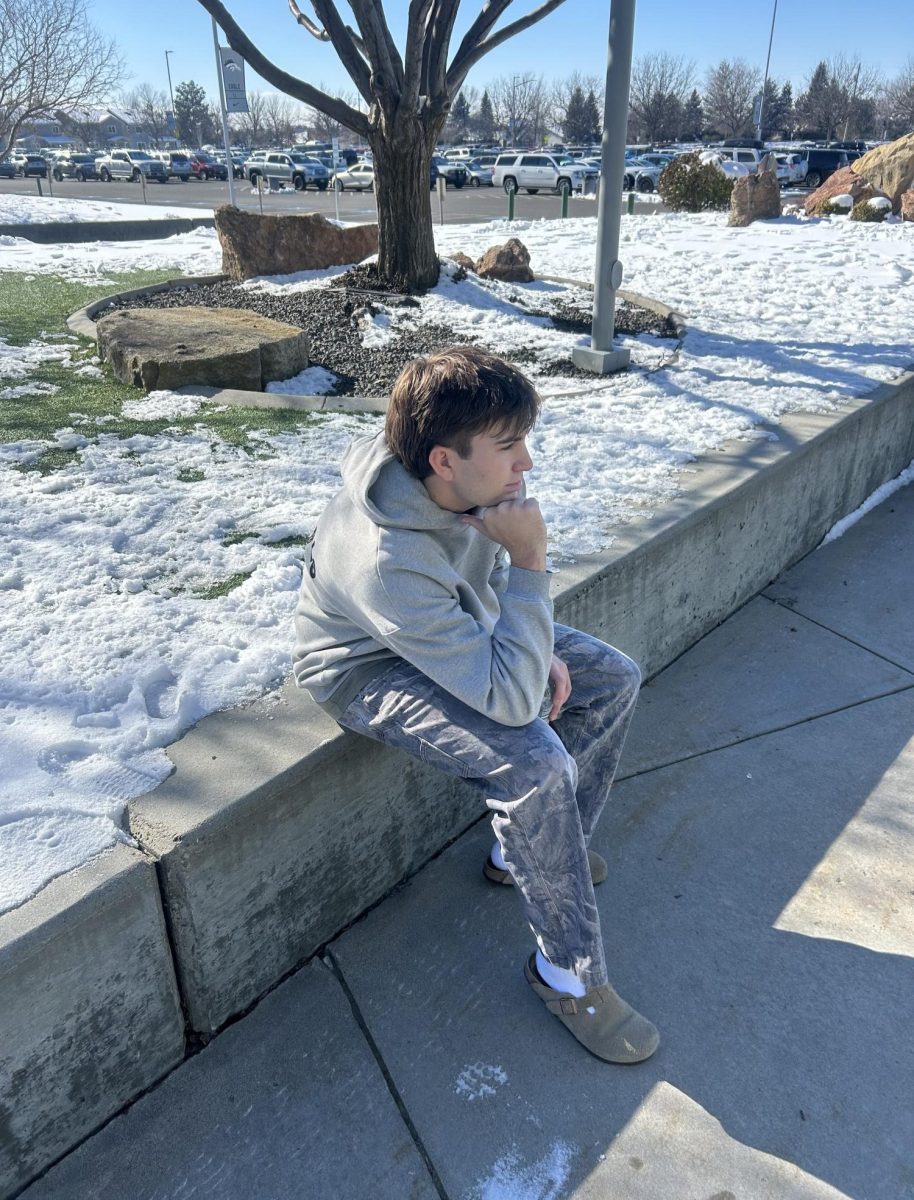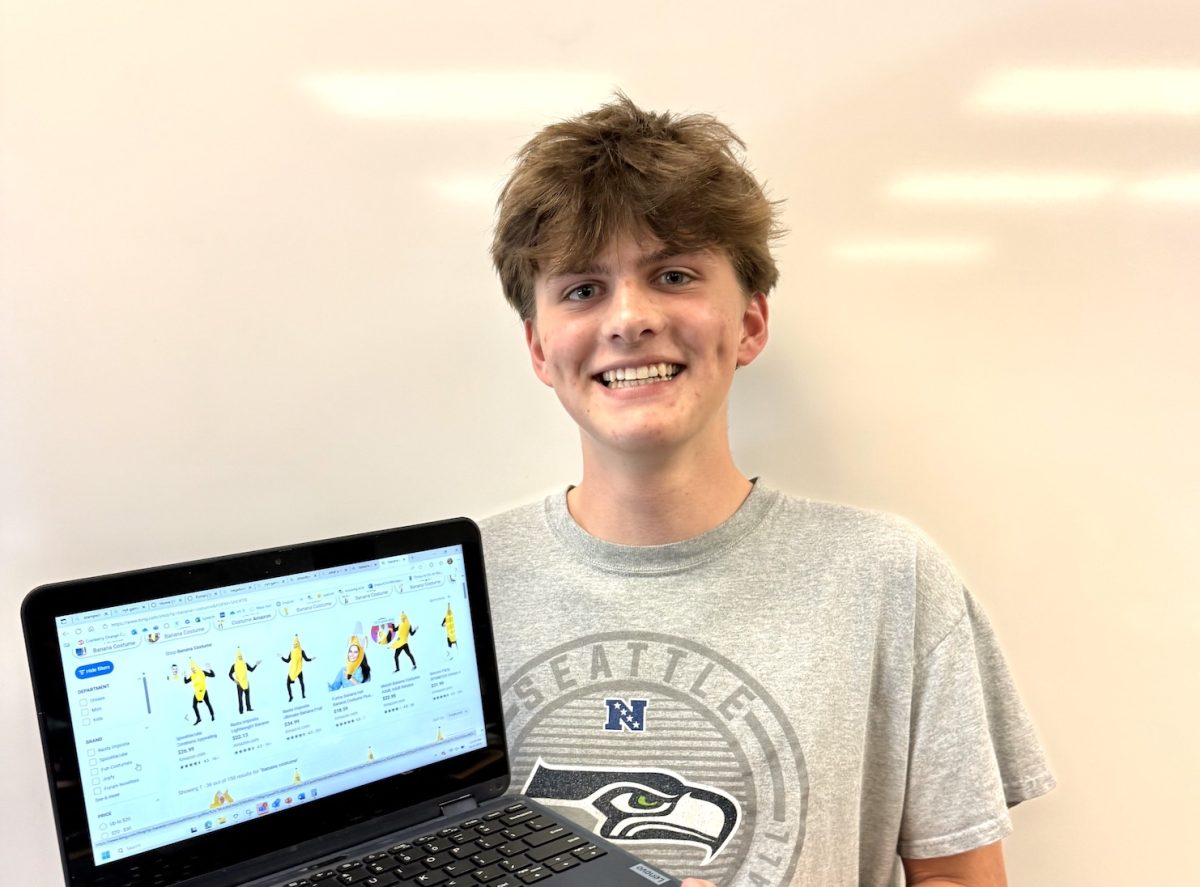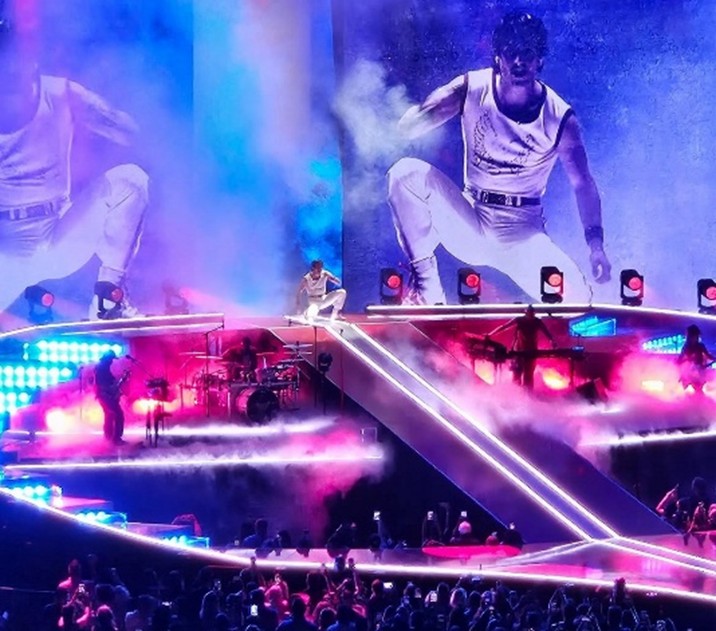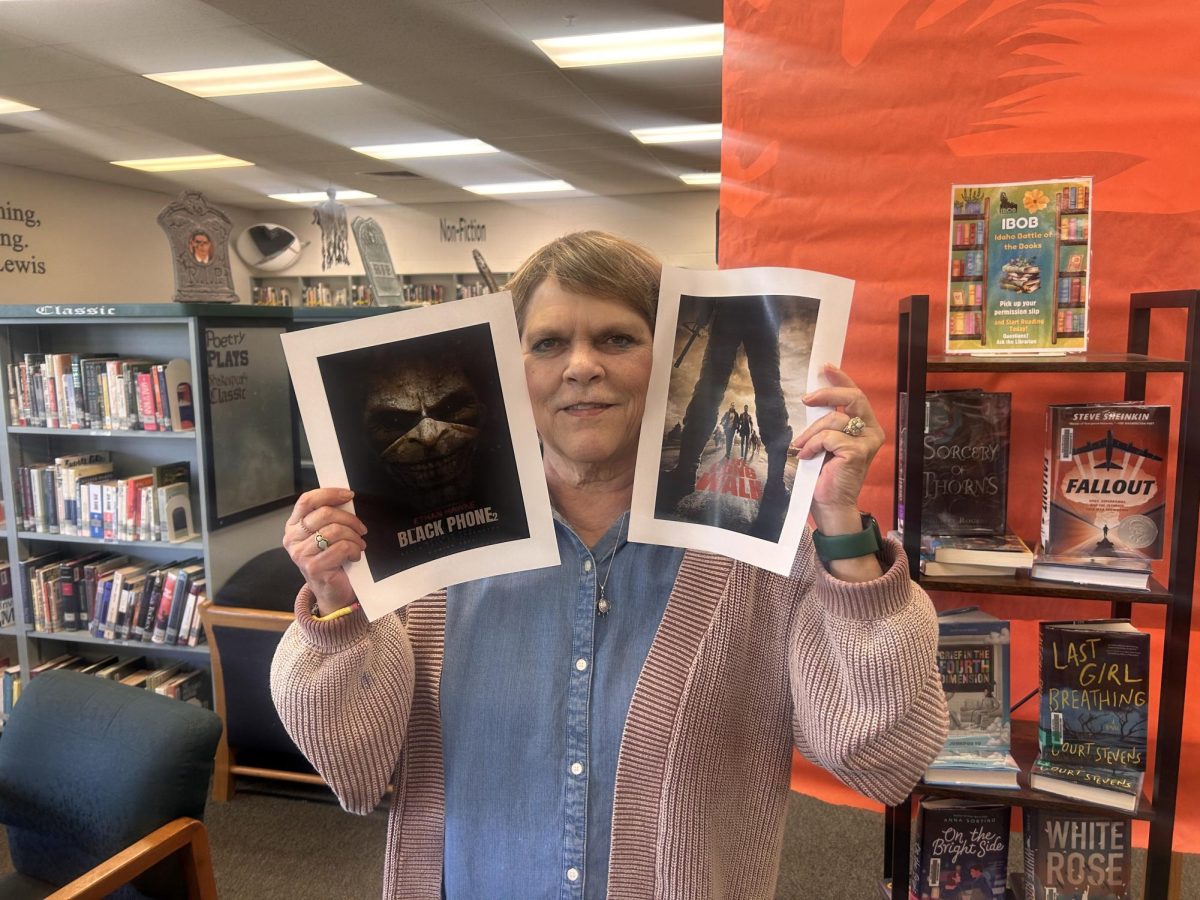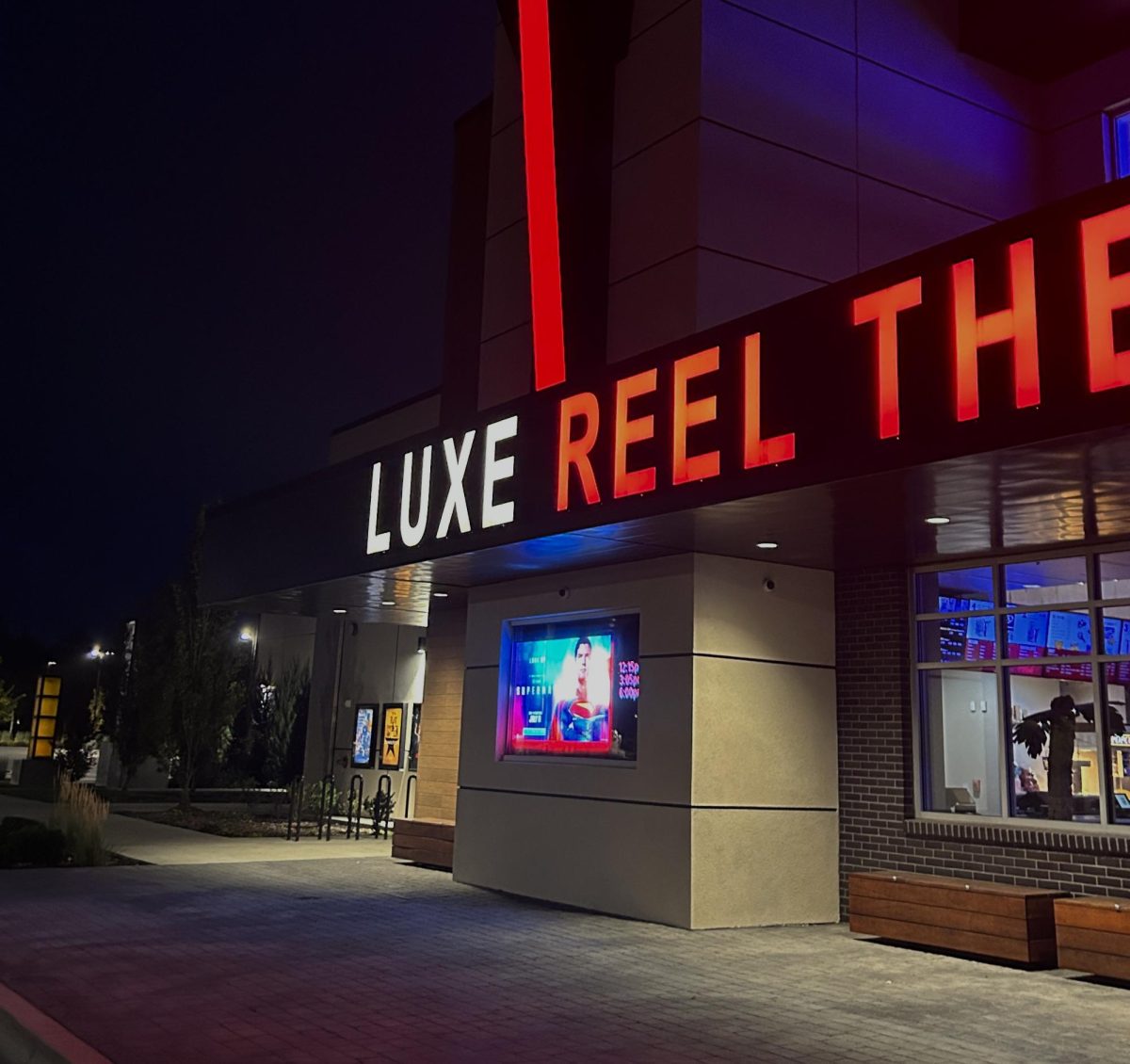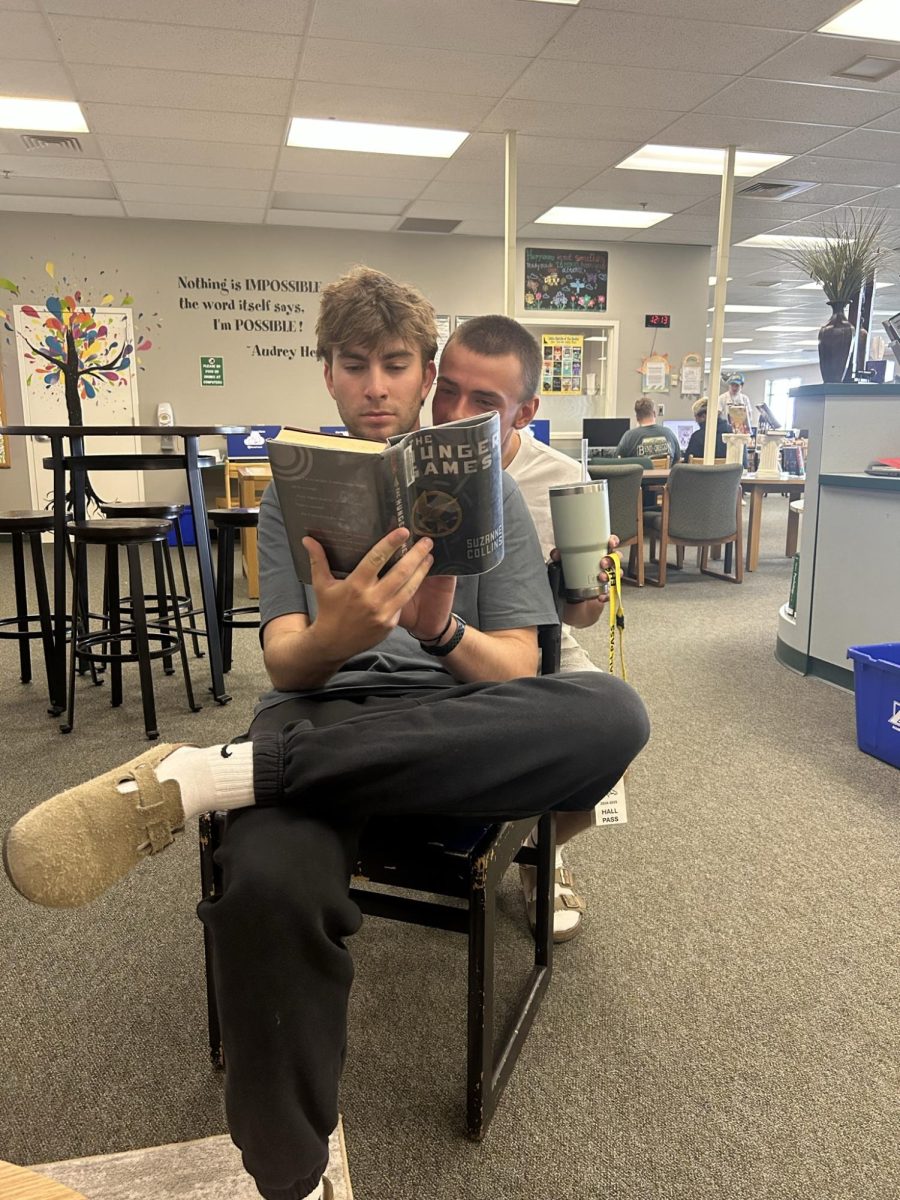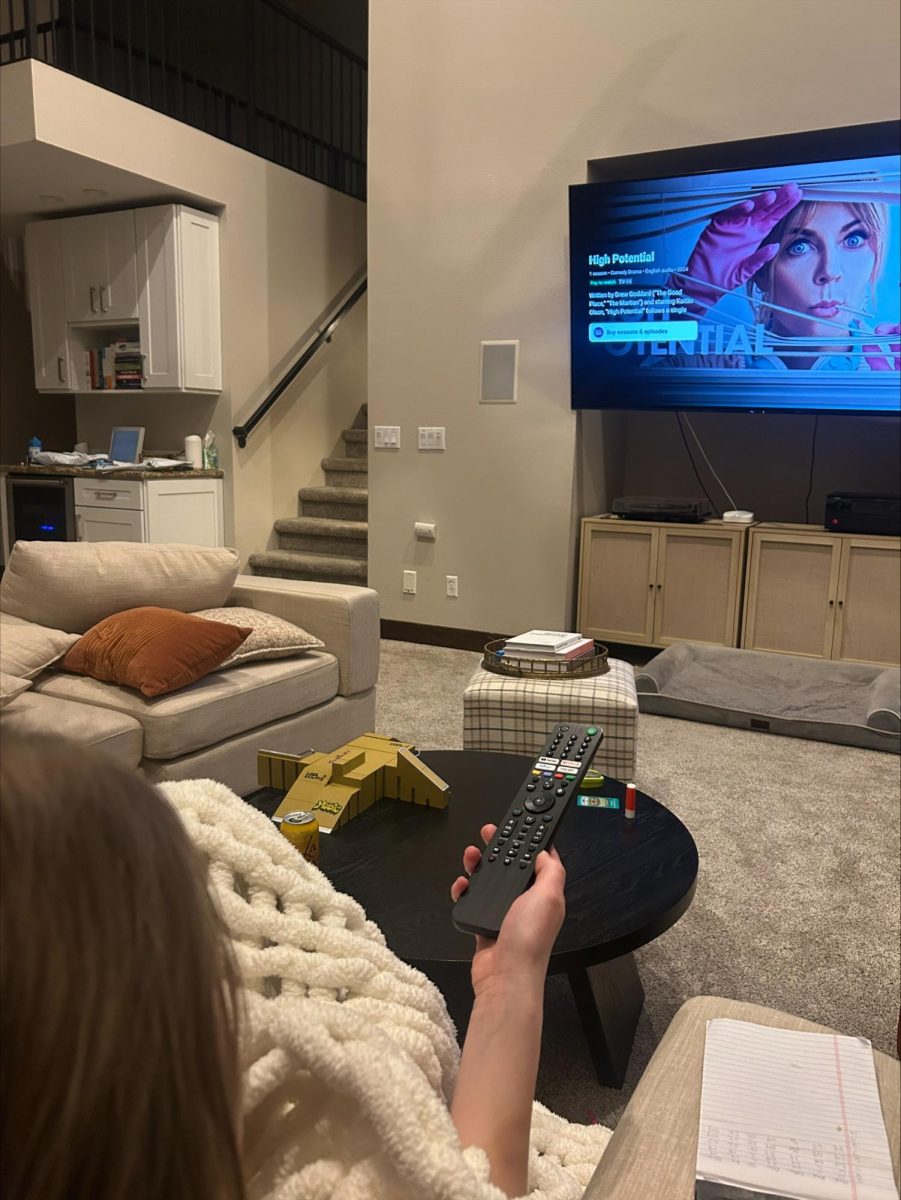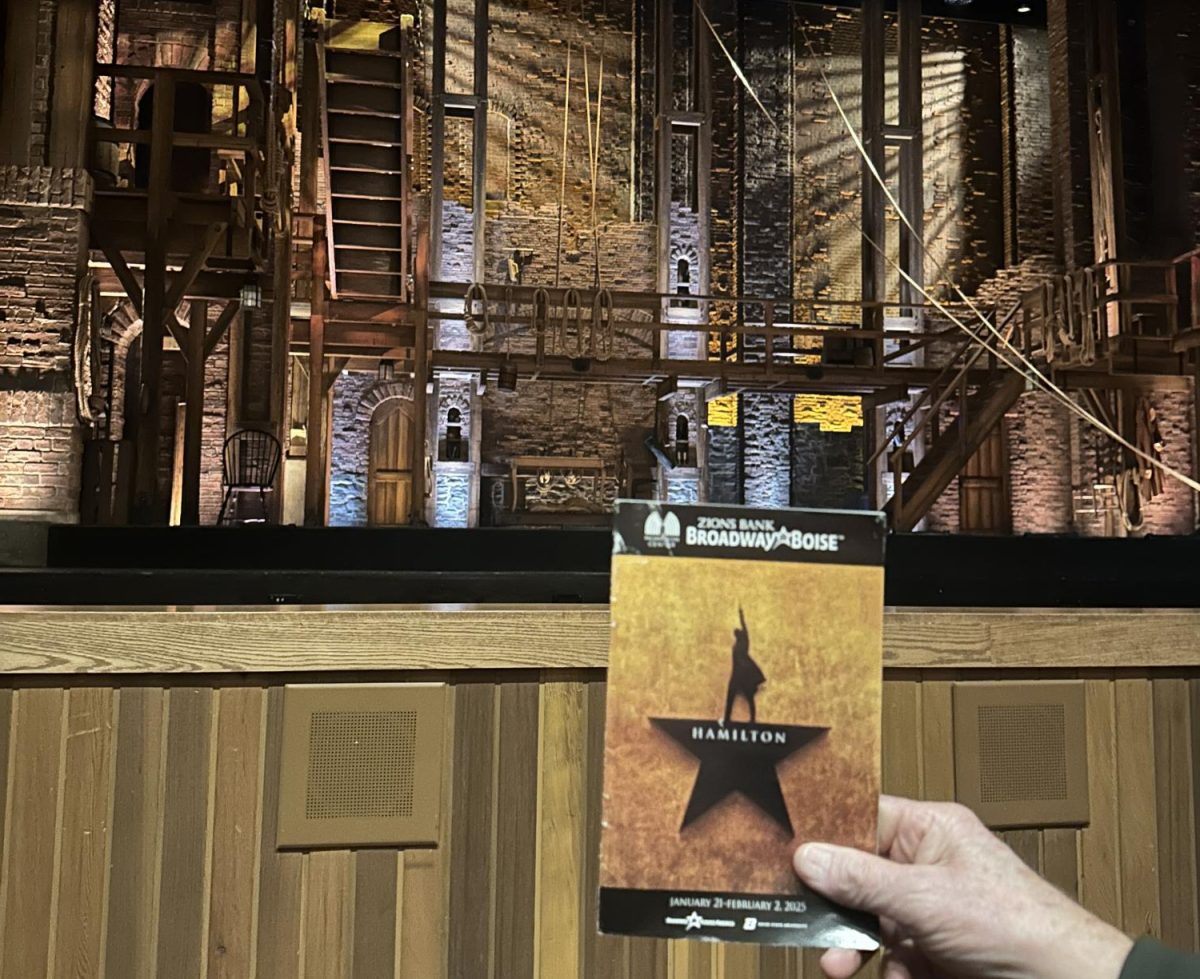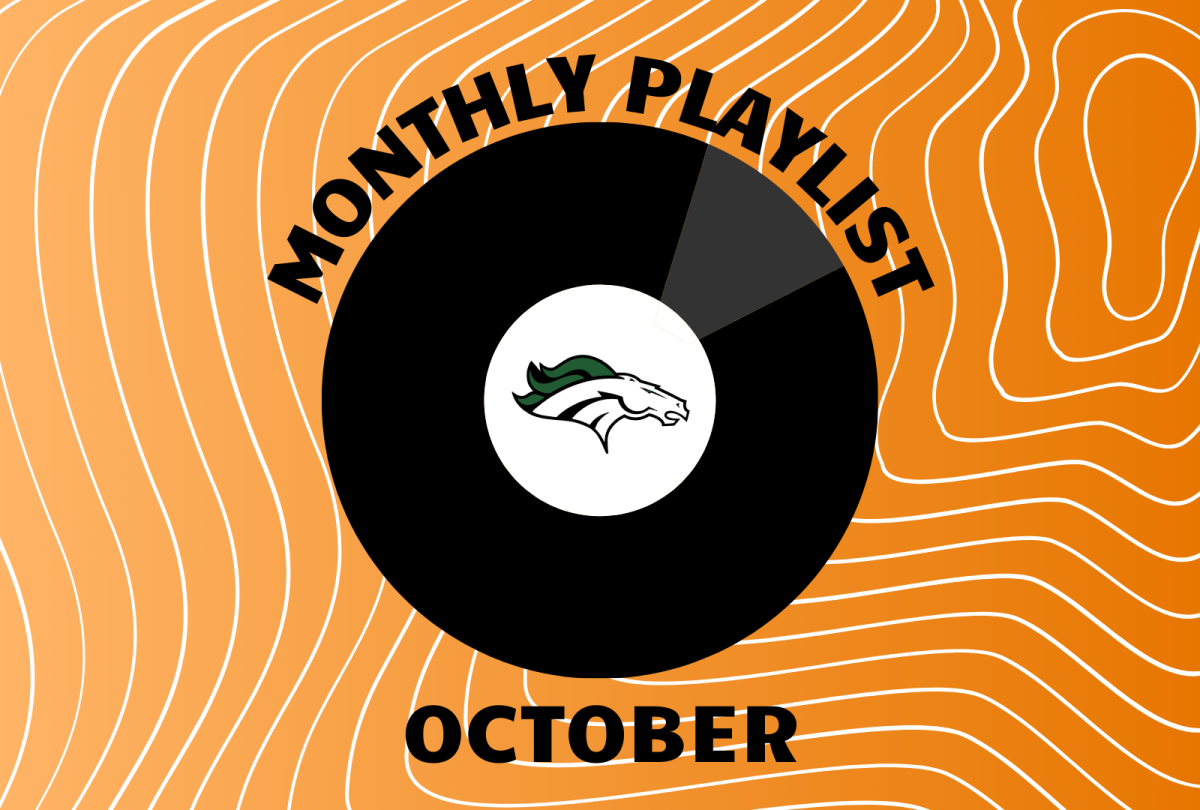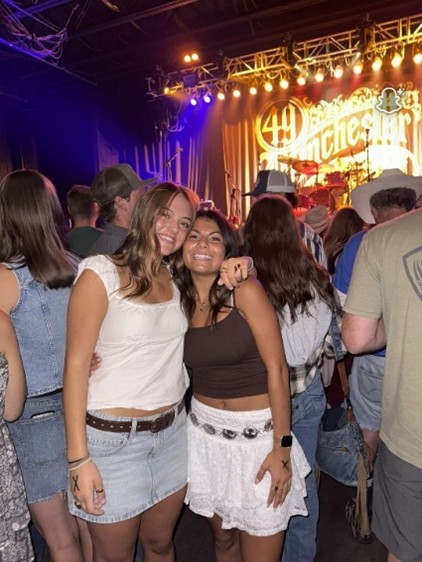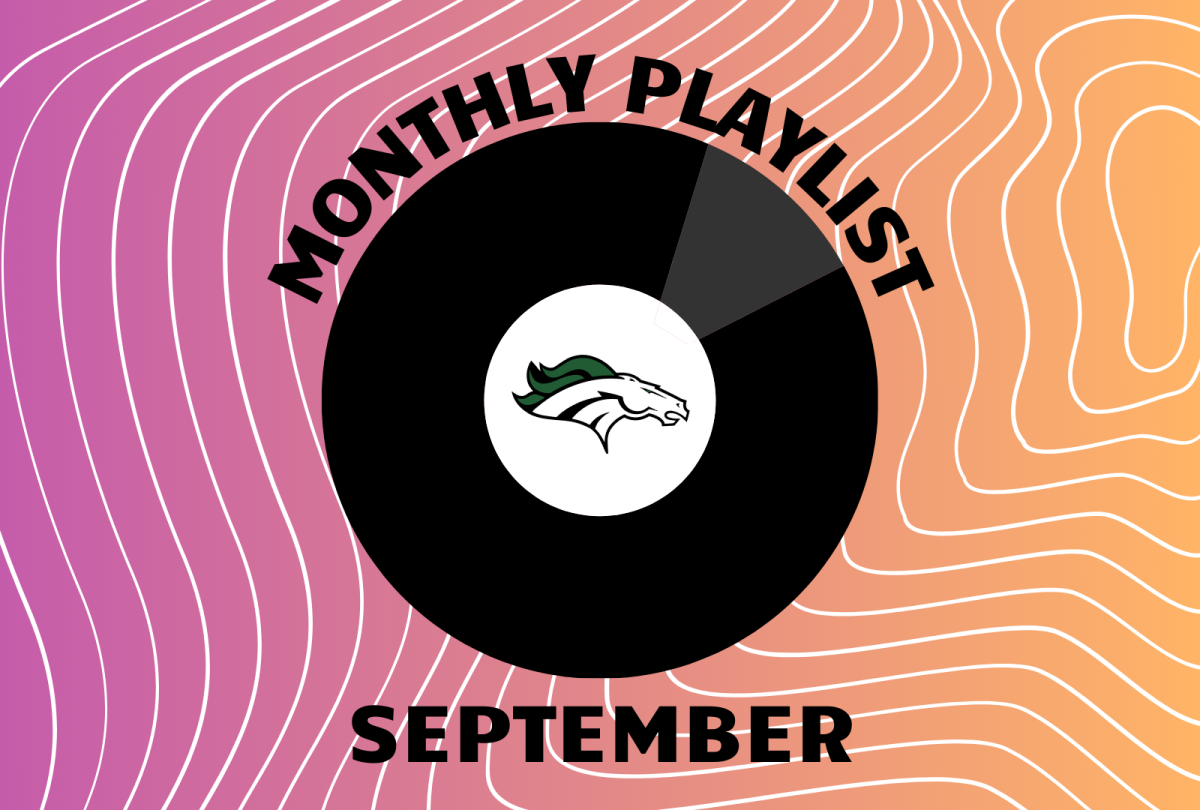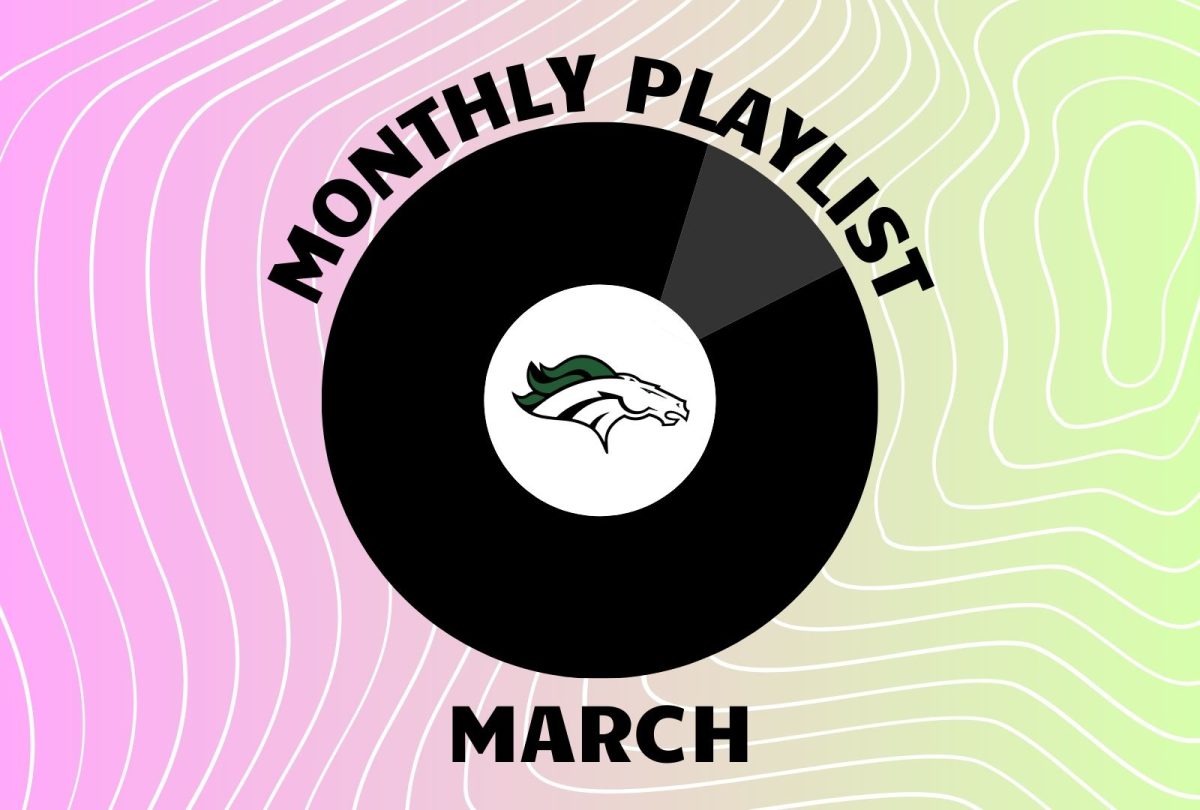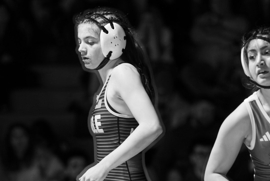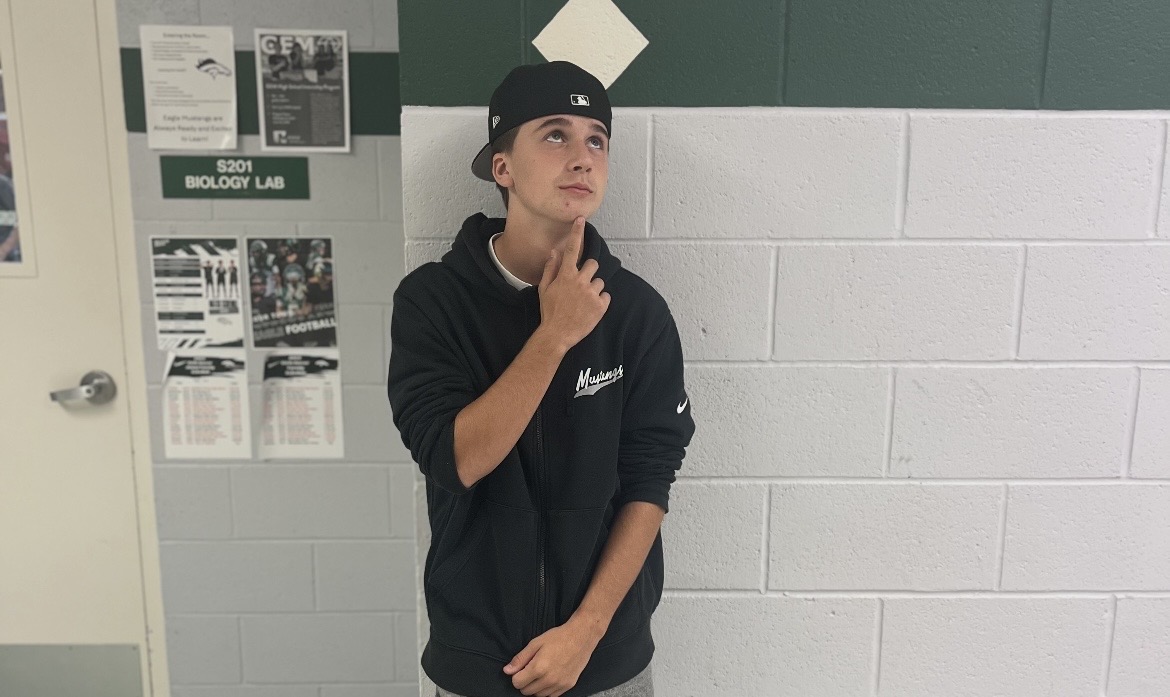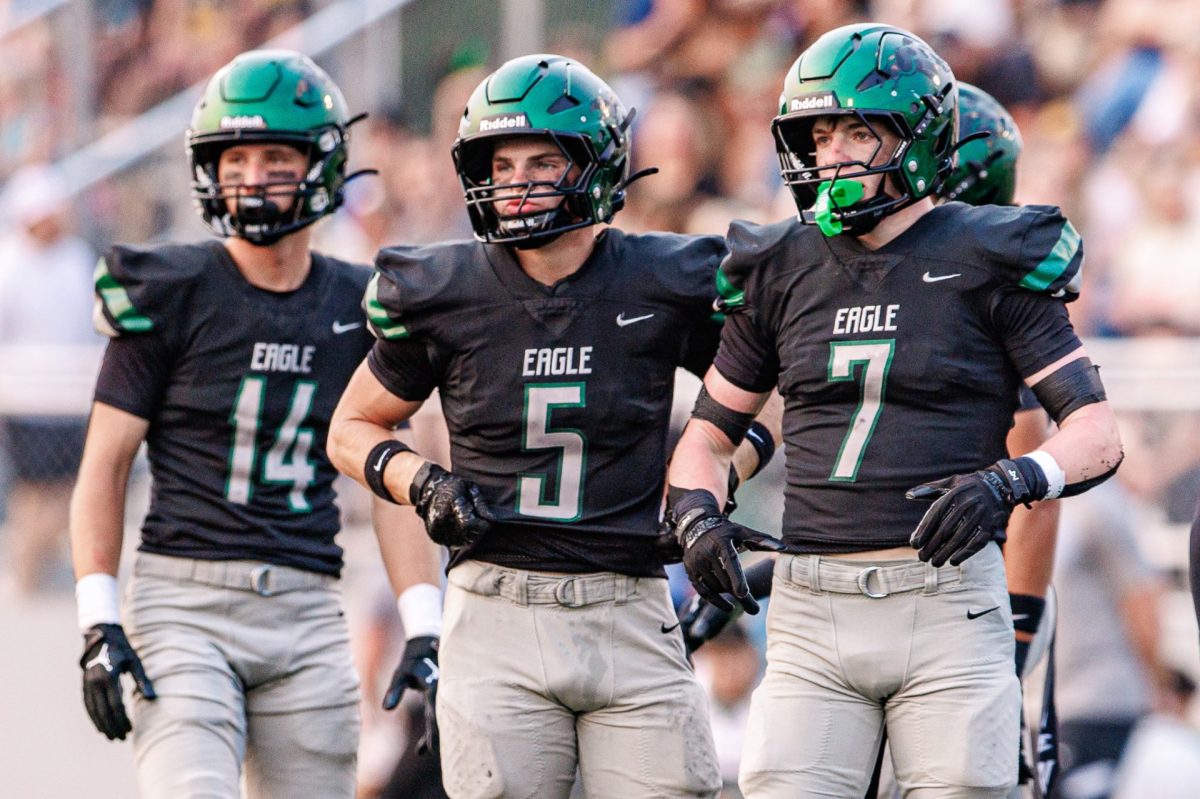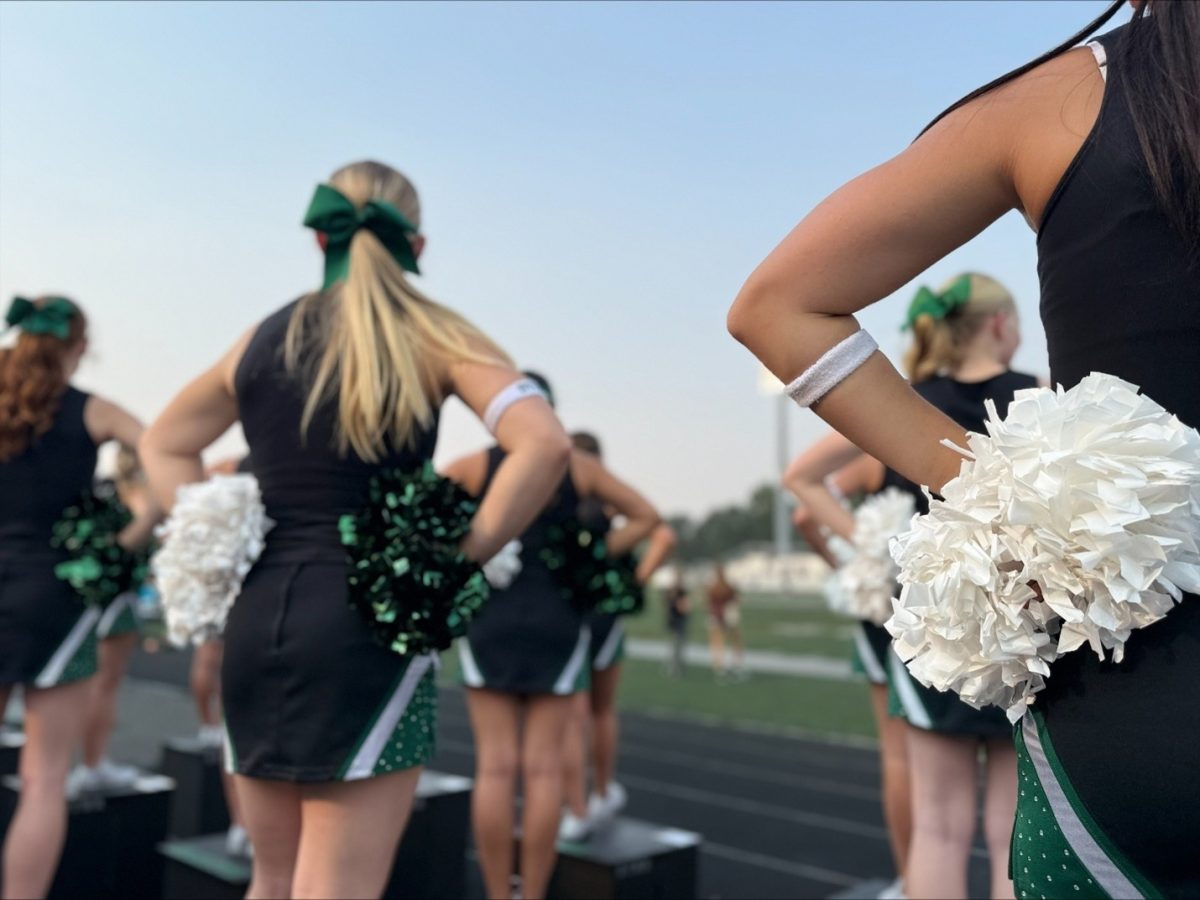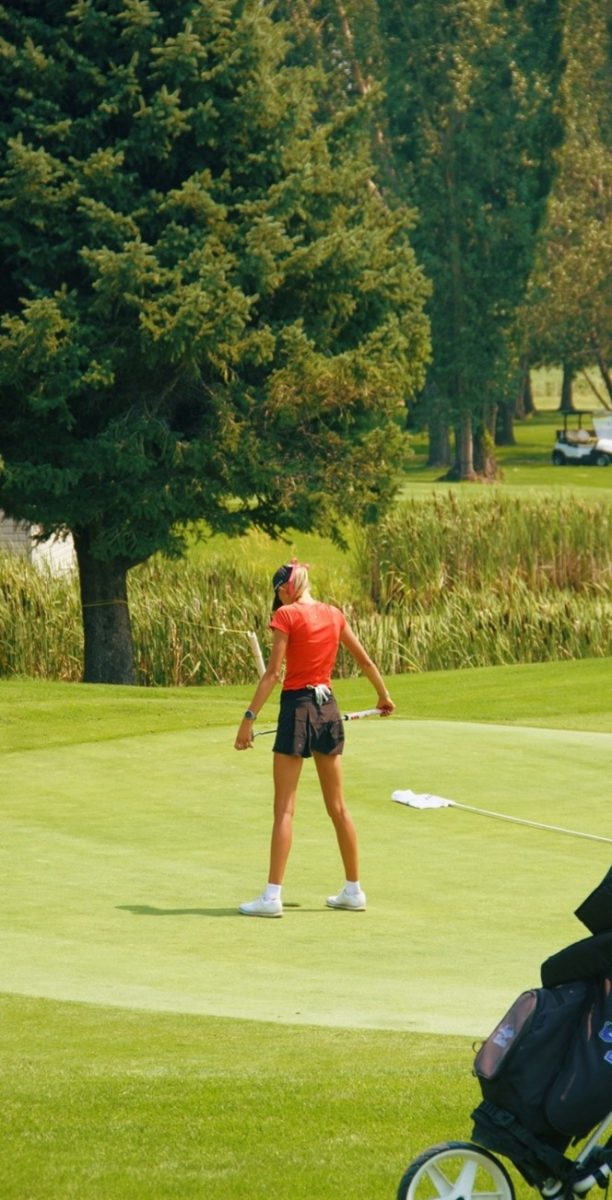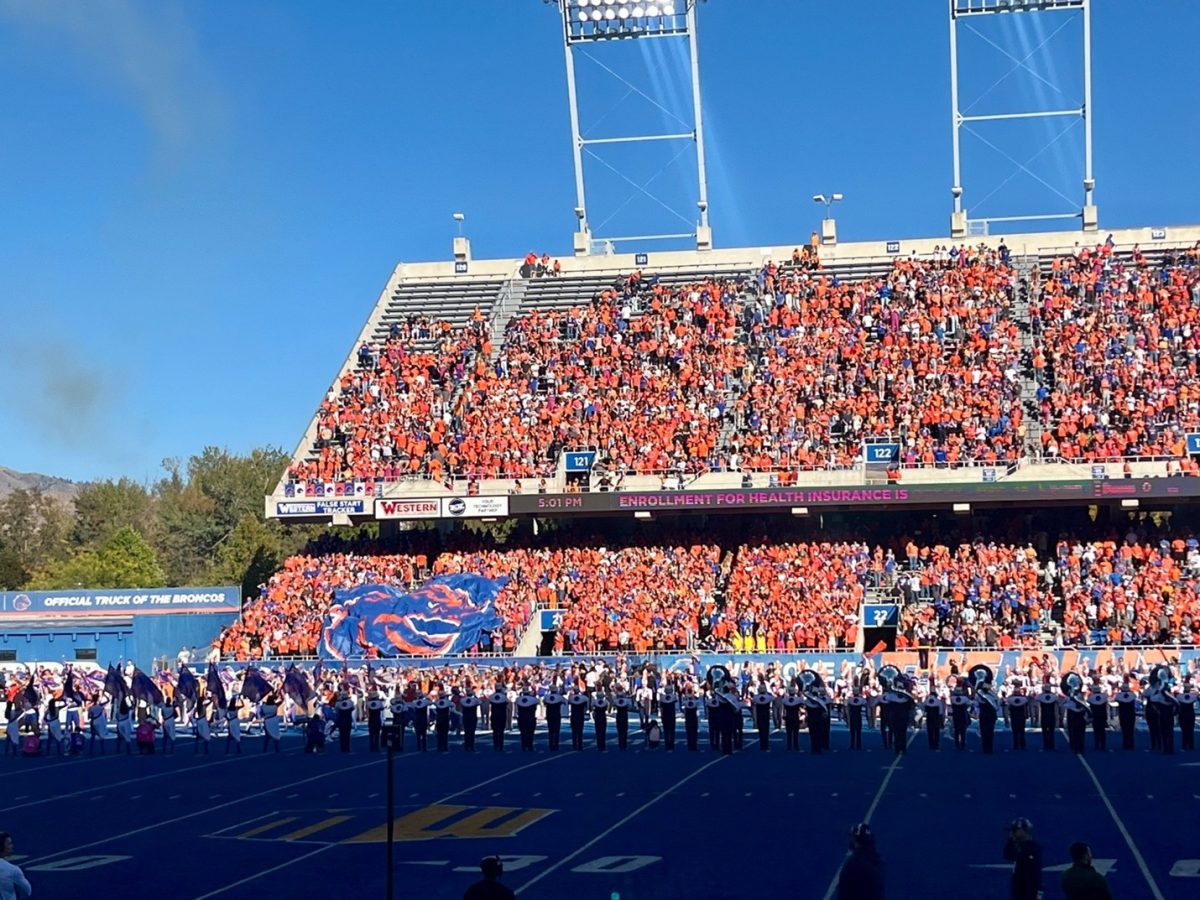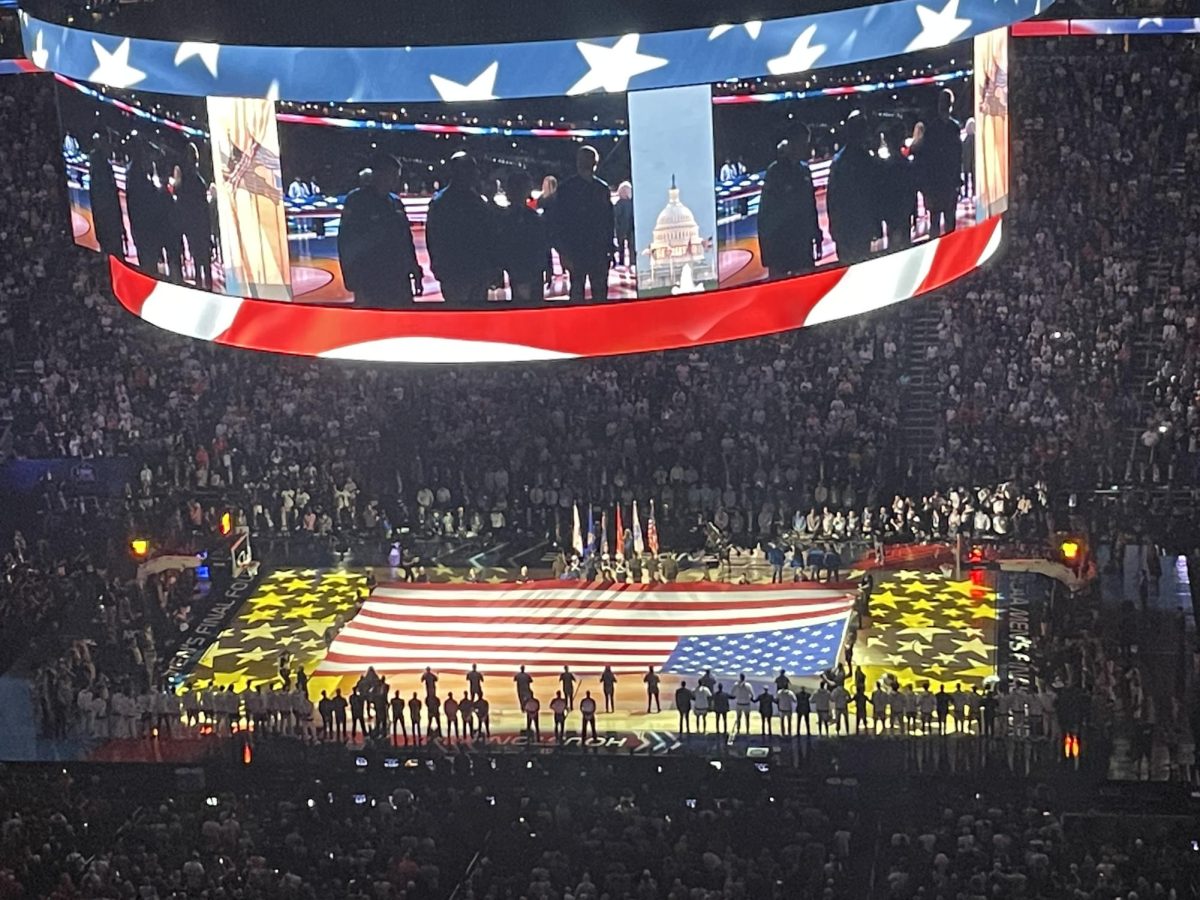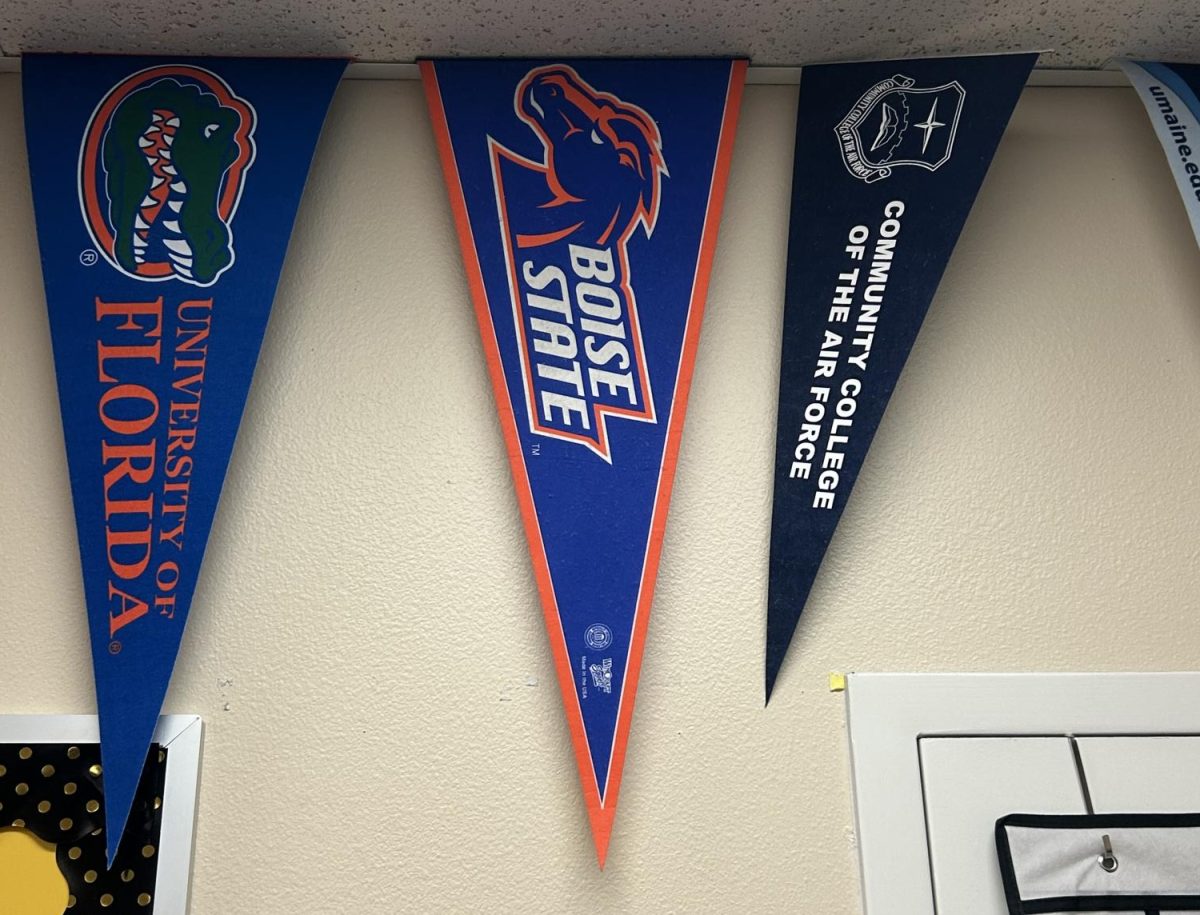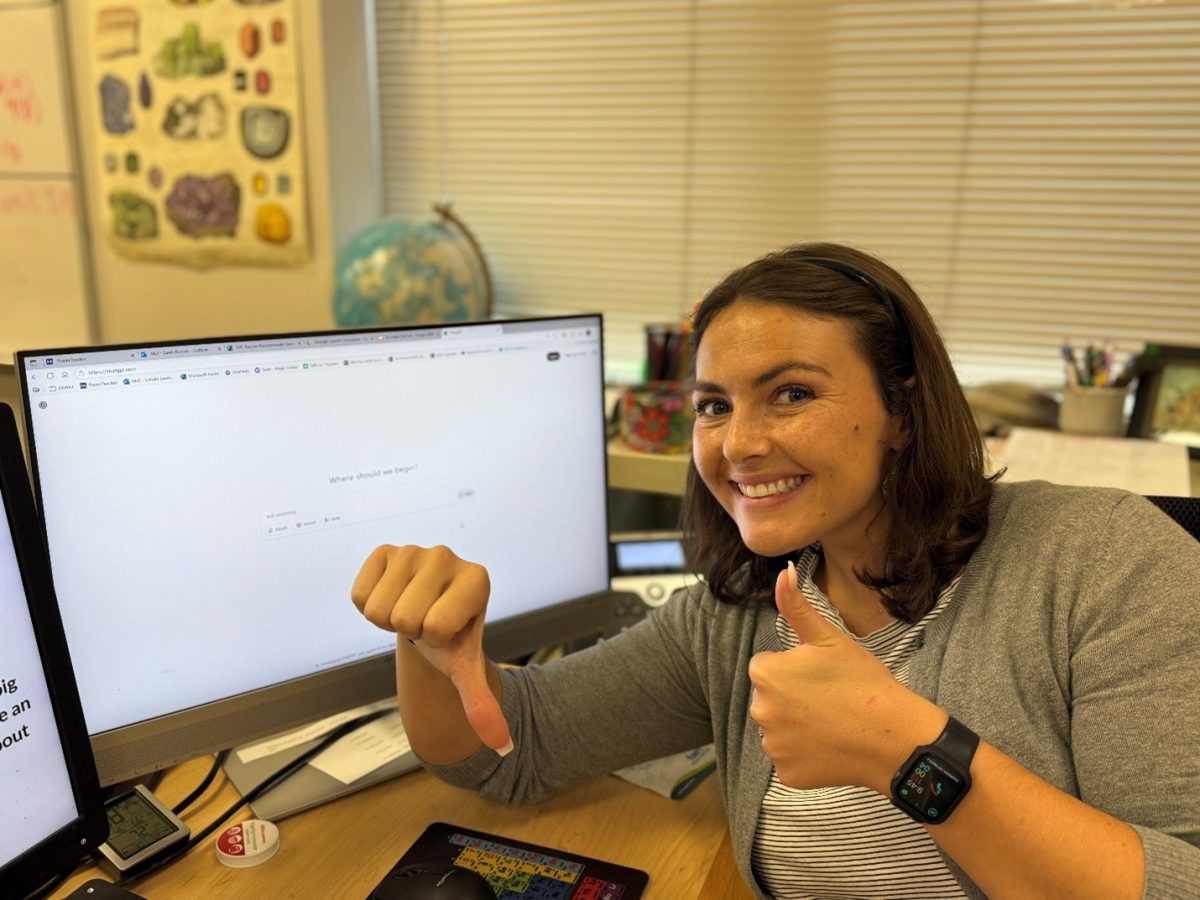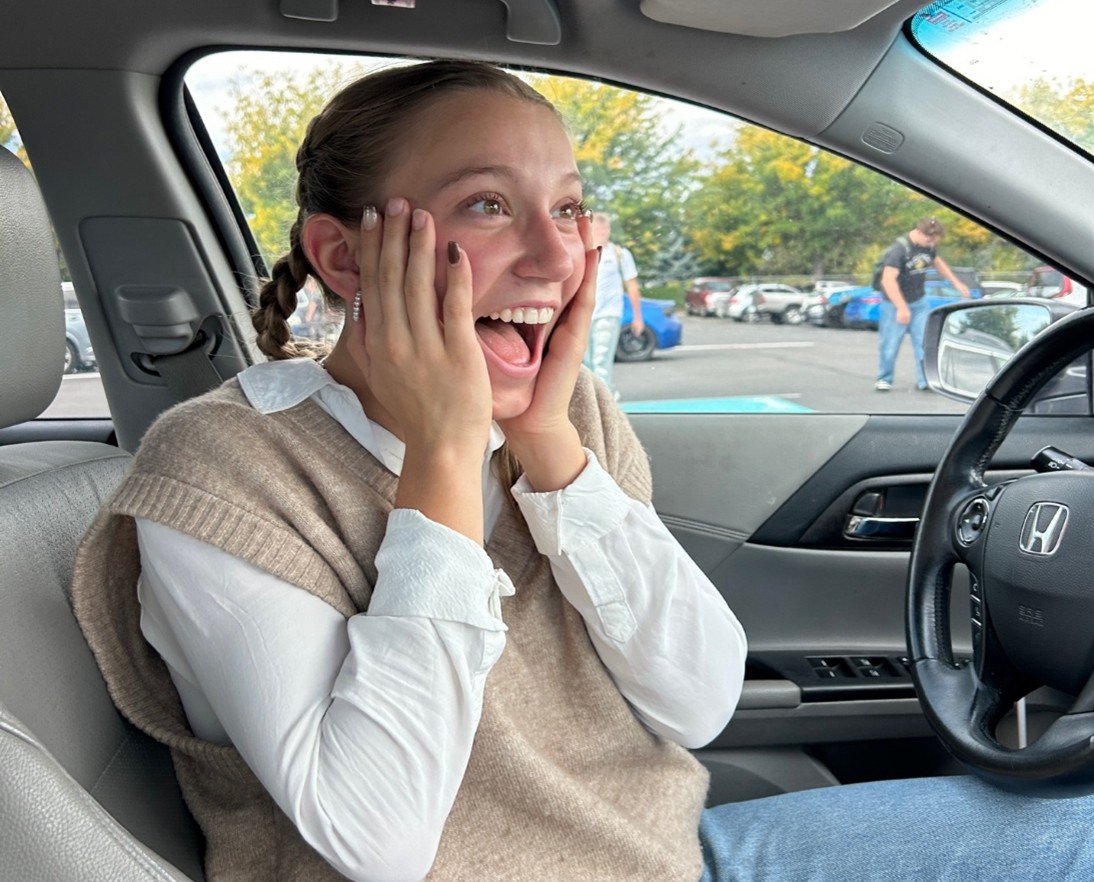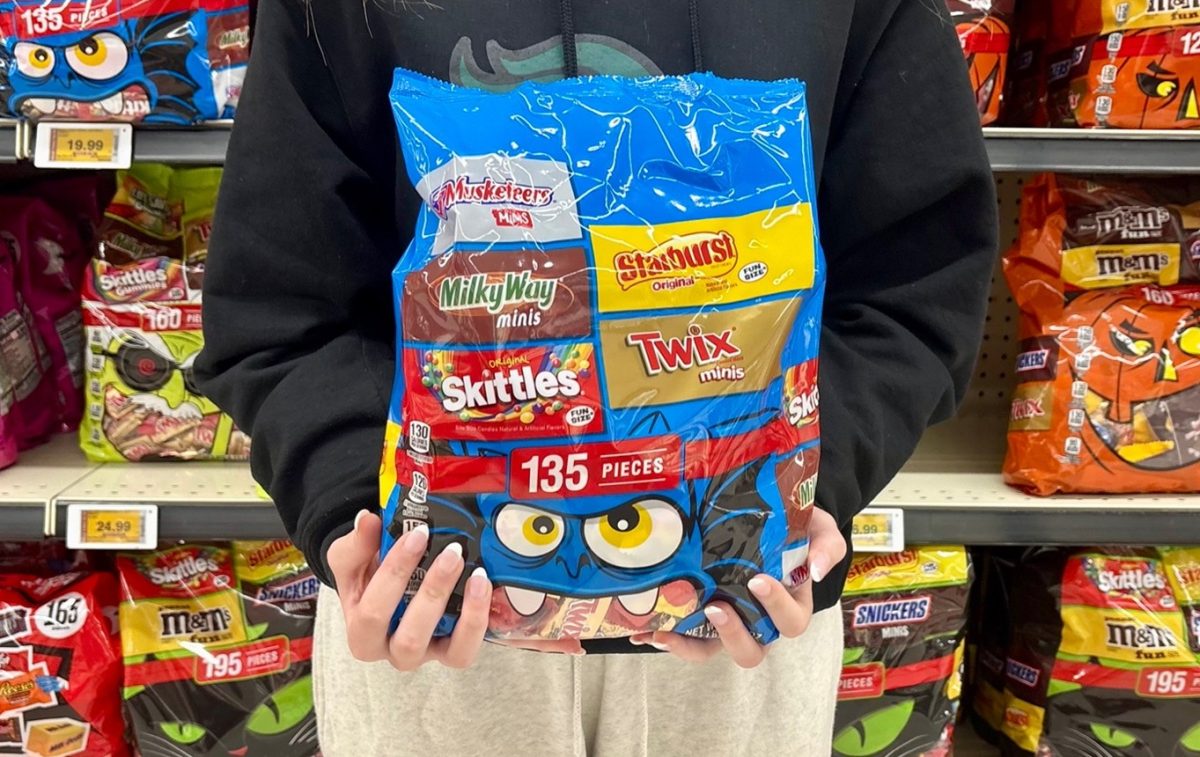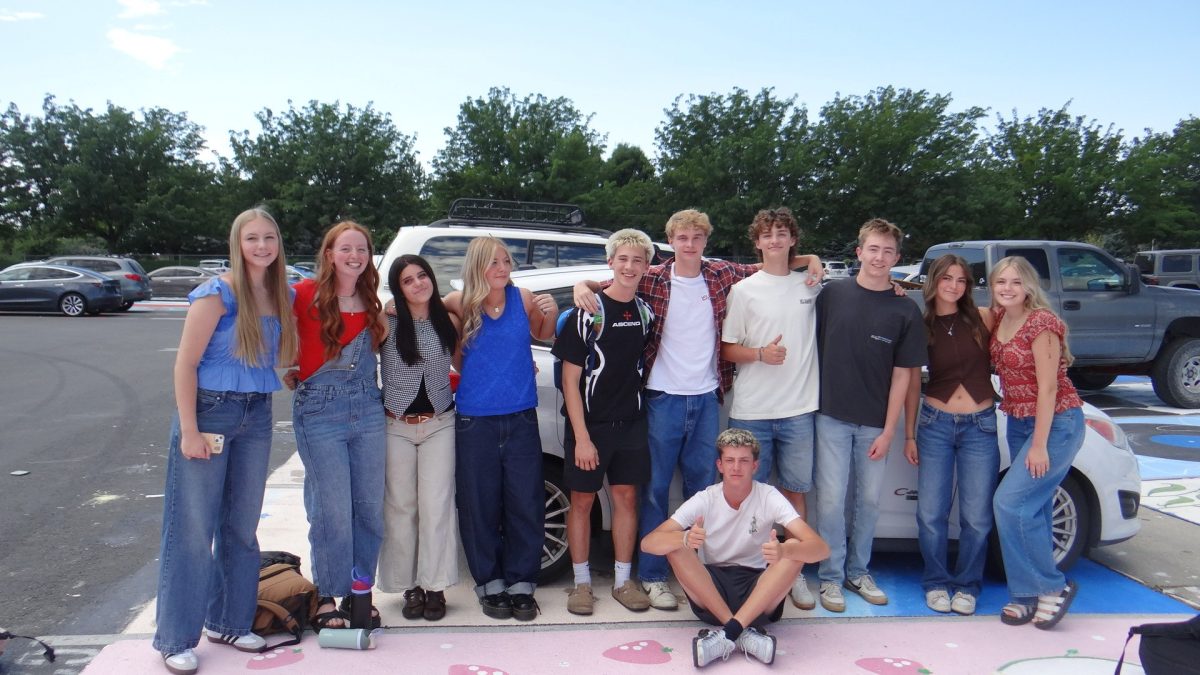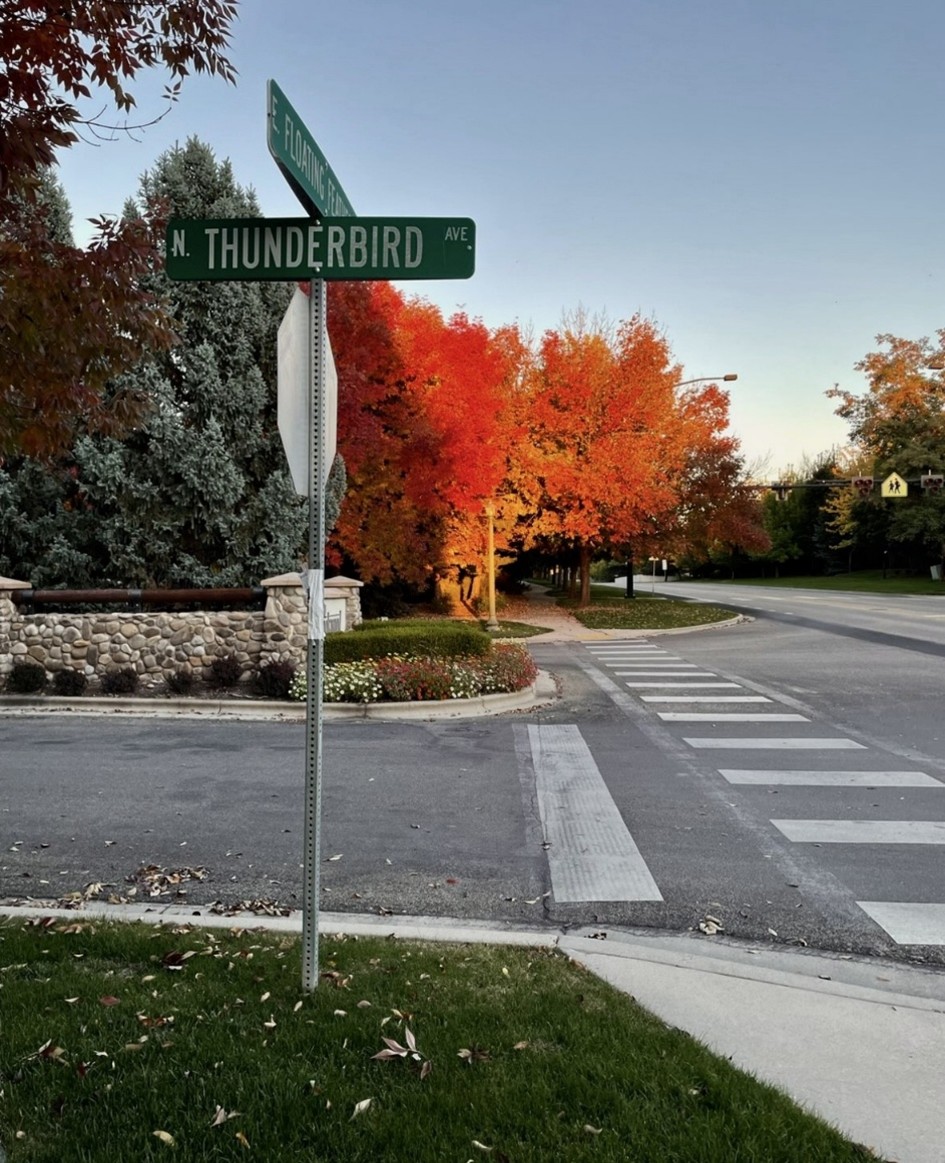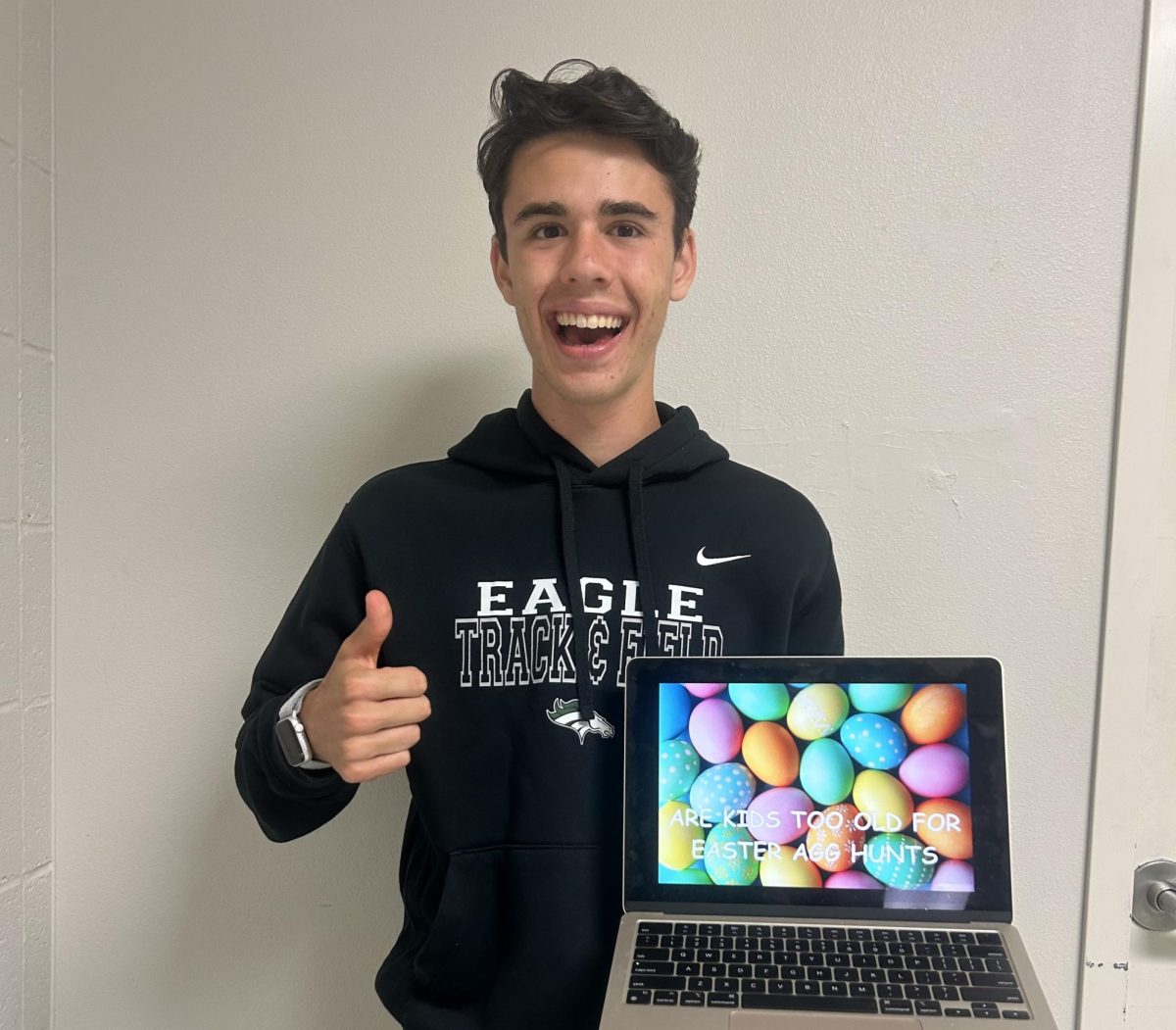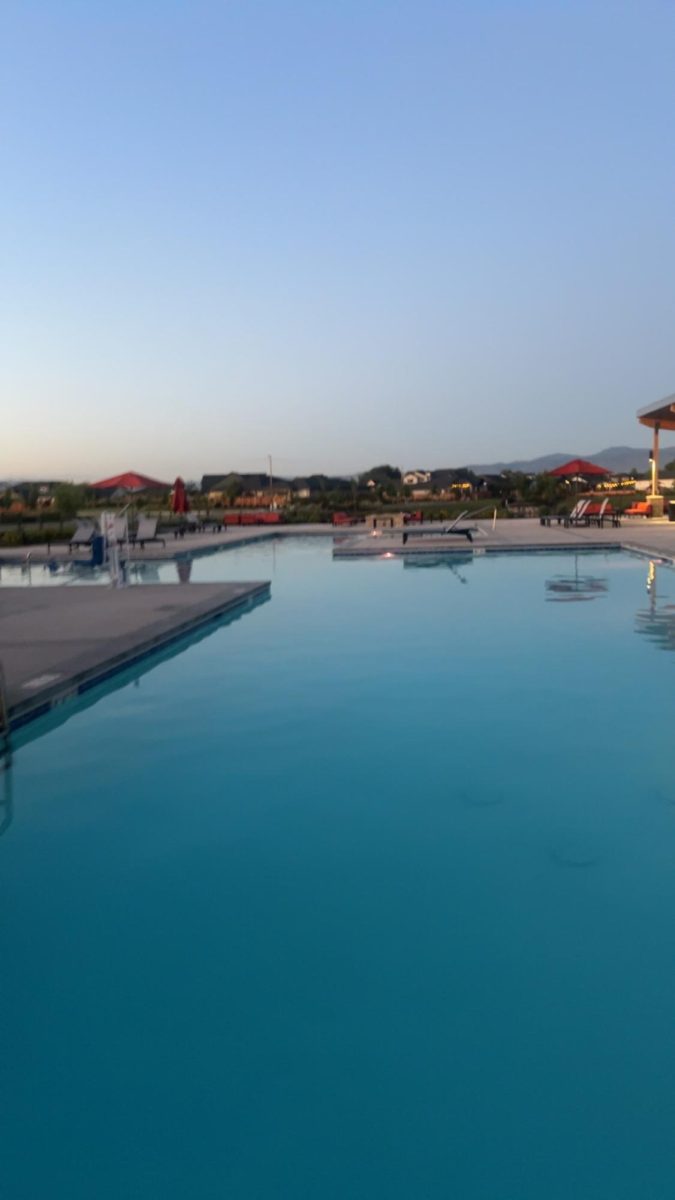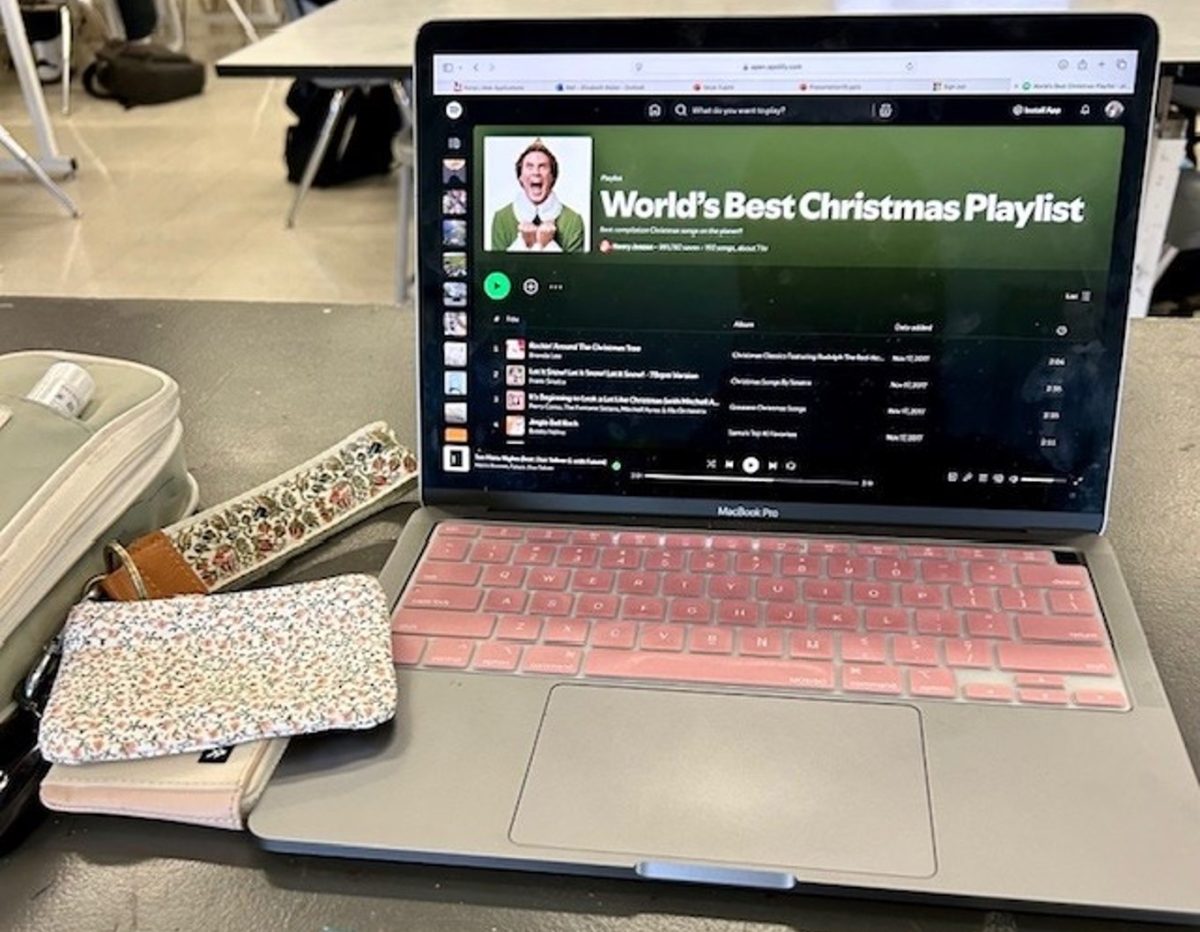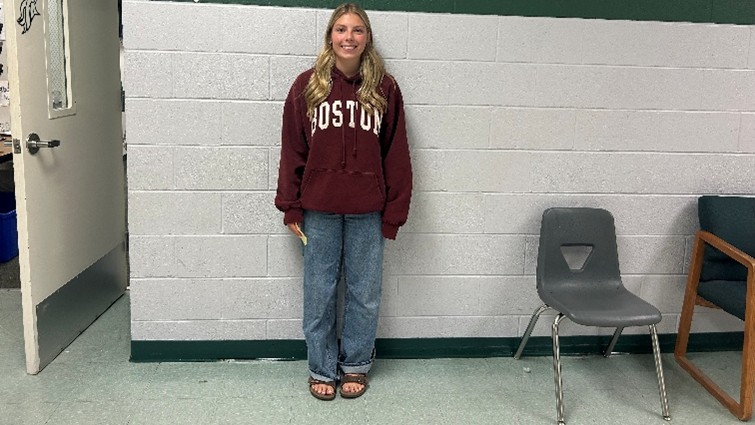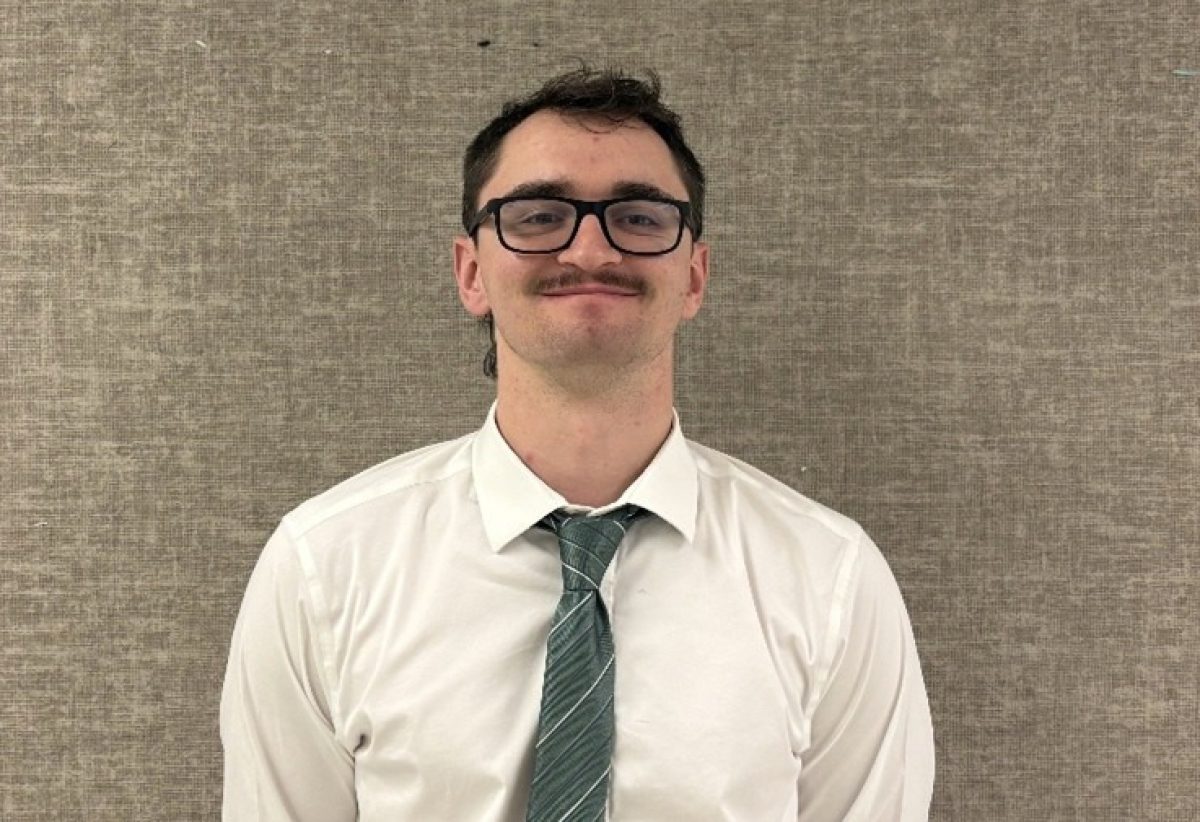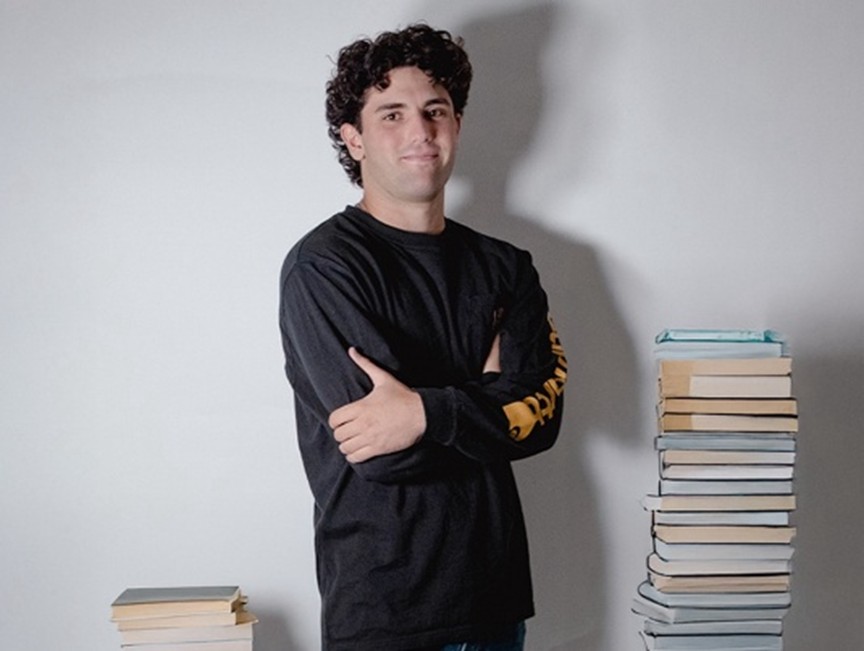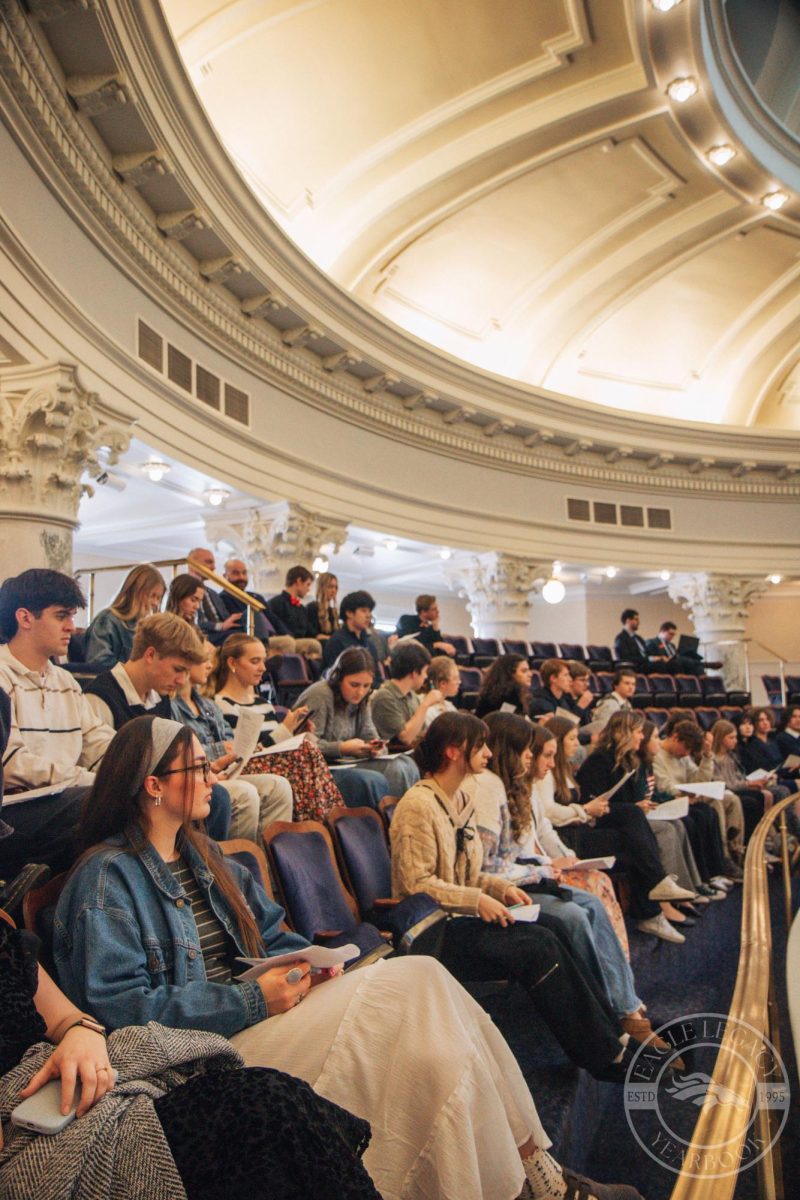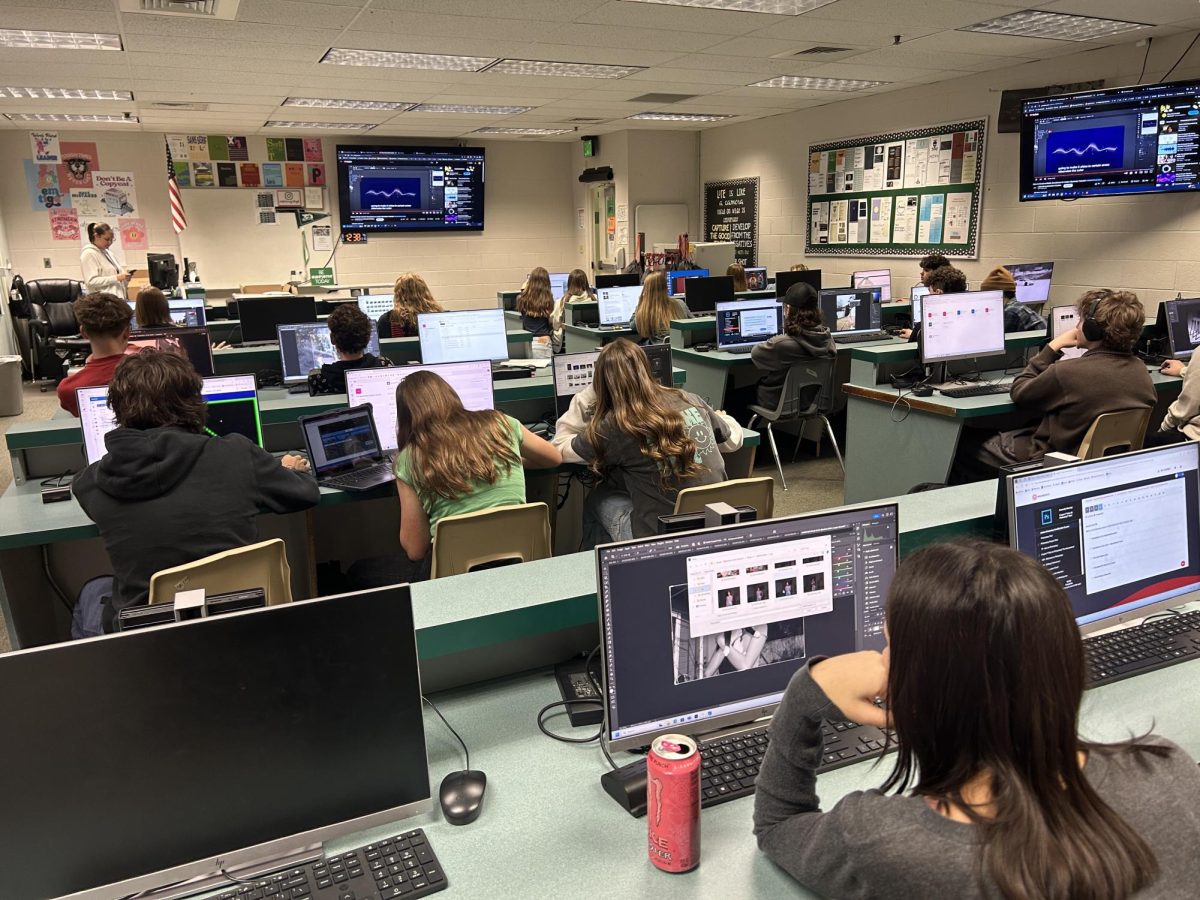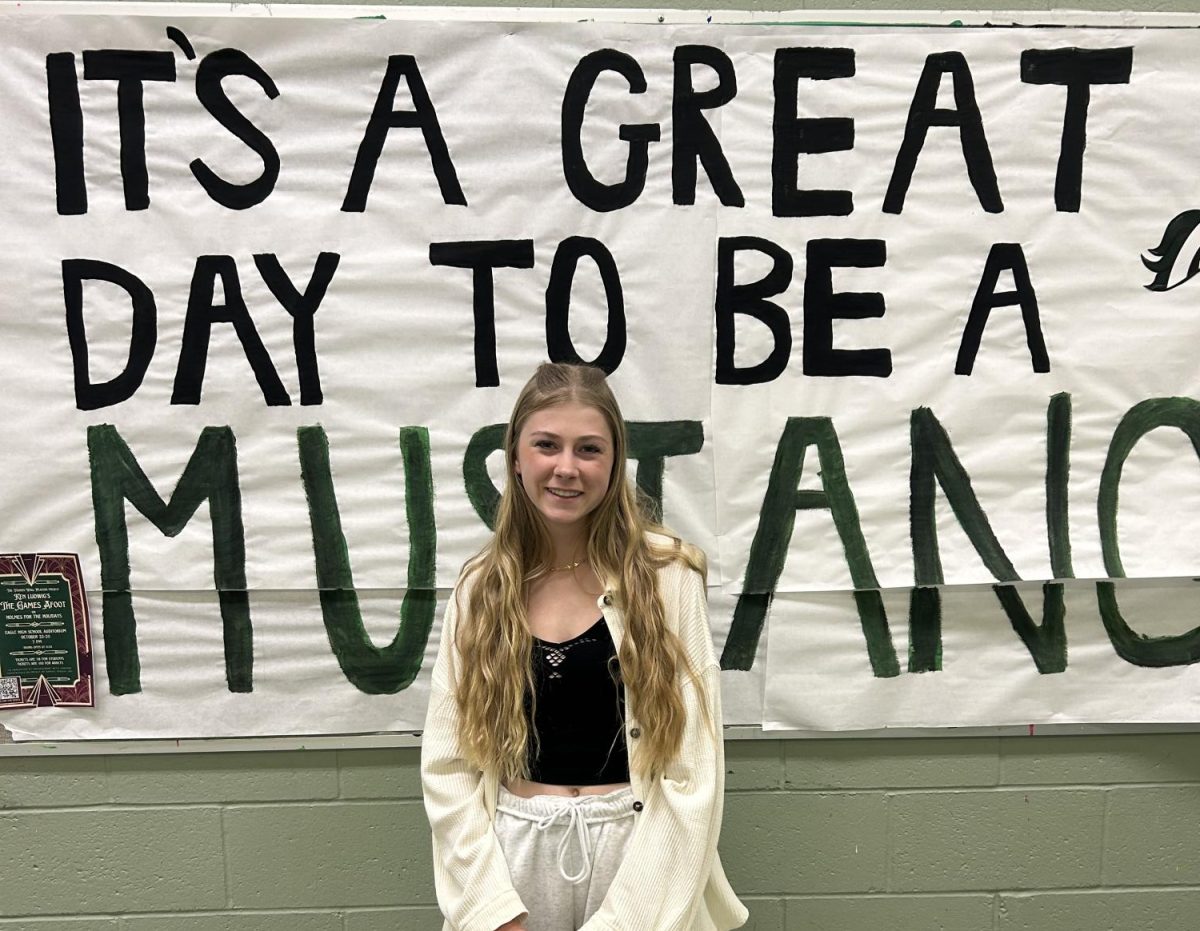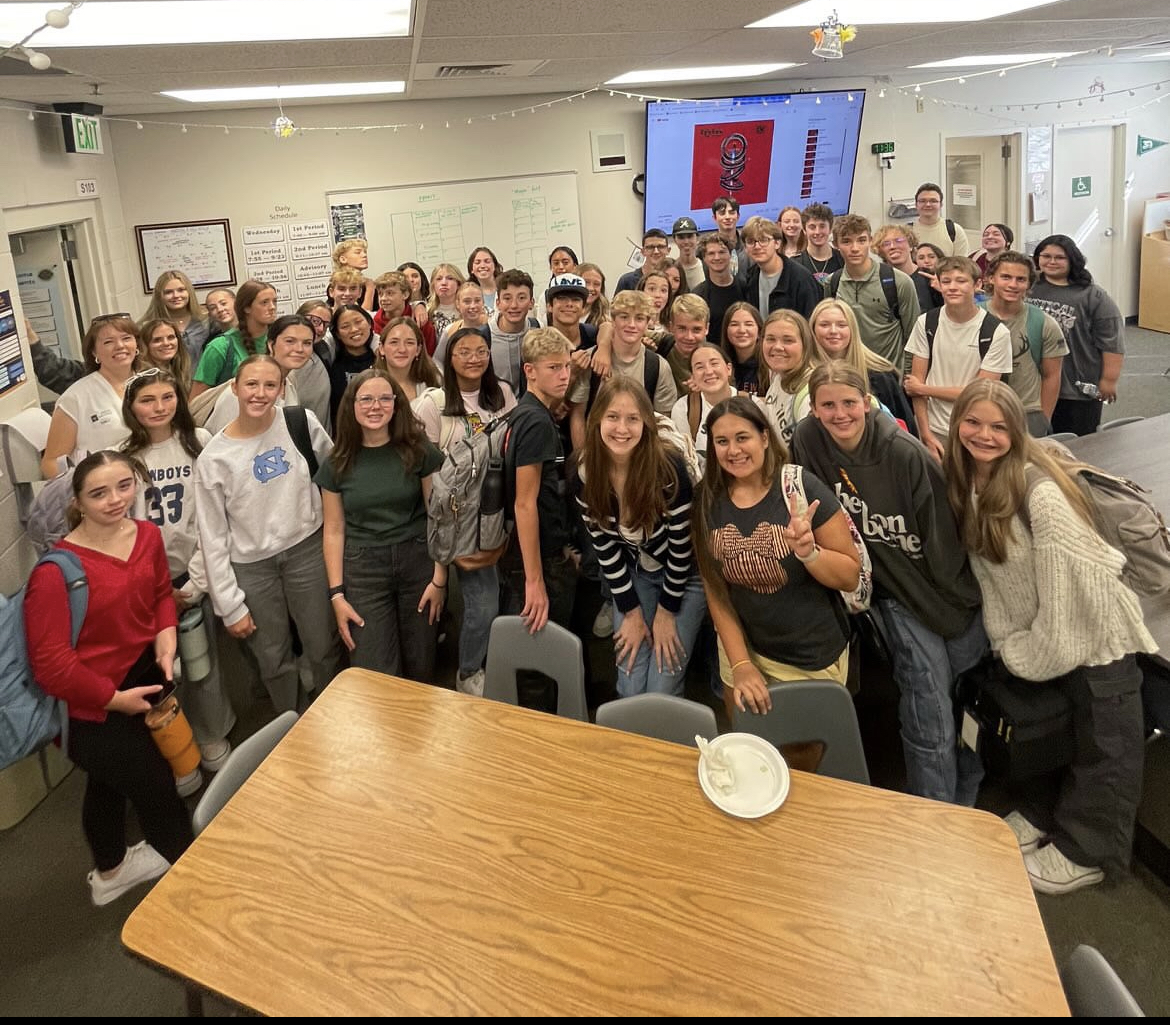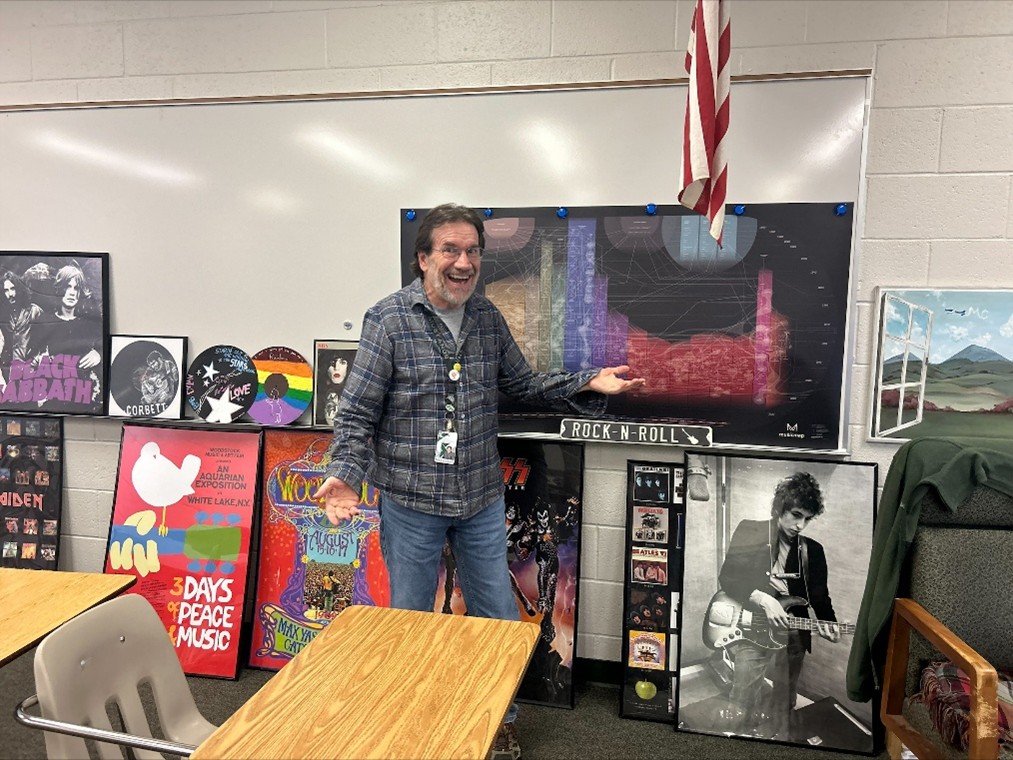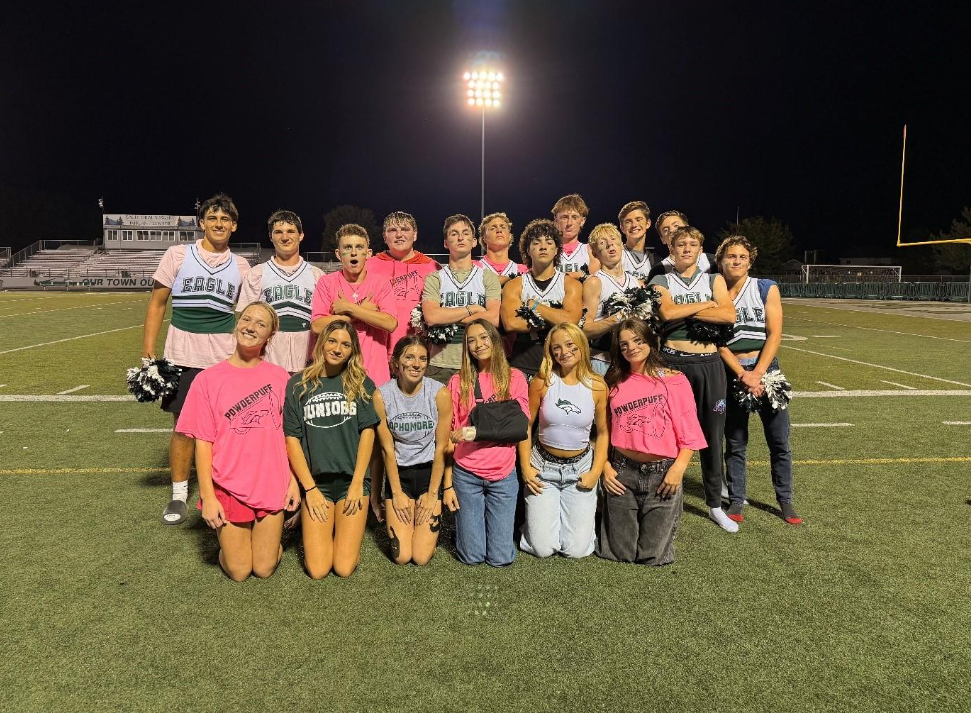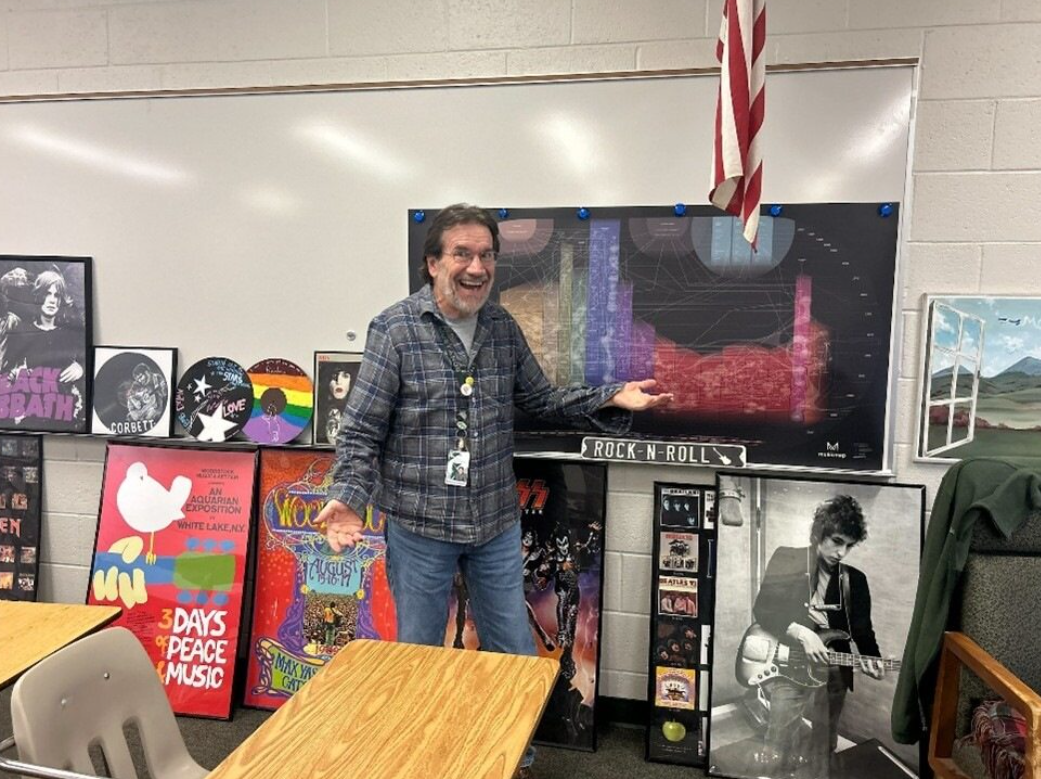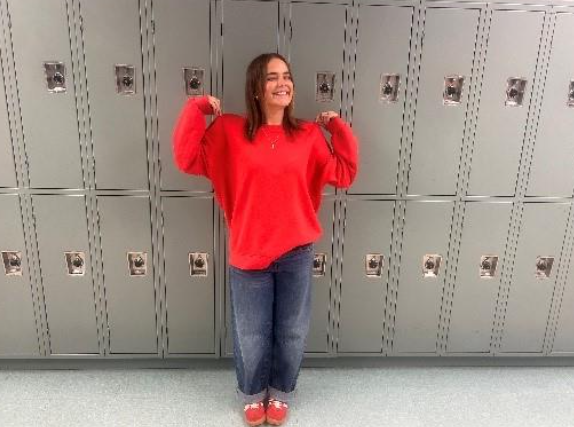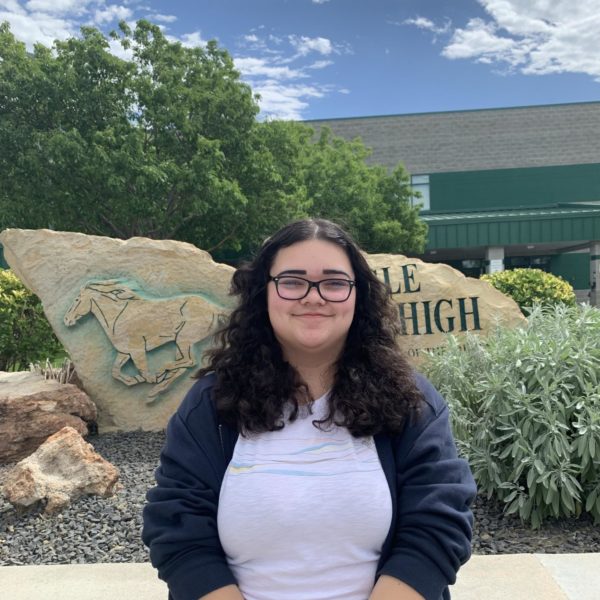Students are not getting enough out of high school
College students and graduates share their educational experience between high school and college
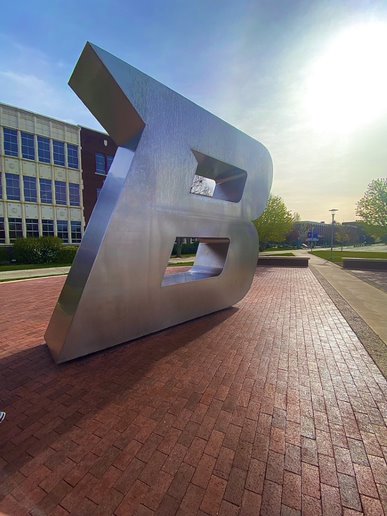
Many Eagle High students plan to attend Boise State University but don’t feel properly prepared to do so.
Mar 15, 2023
Whether someone powers through their senior year of high school to achieve excellent academic recognition or counts down the days until graduation, everyone will go somewhere after high school.
College shouldn’t cause worry since it is somewhat controlled by the individual students instead of others, although high school is not as beneficial as some think. In many circumstances, there are some areas of high school that help through the college process, but there are a lot of differences as well.
College is a different environment in comparison to high school. For example, students are not given a variety of instructions about where to go and what to do, and most of the time people are on their own to figure that out.
“High school never taught me the things I needed to know, so I didn’t care for it much, when I realized I needed to start caring was when I was taking community college,” said 2022 UC Santa Barbra graduate Ryker Tebbs. “I liked it better because there were less classes and was starting to be more specialized in what I learn even, though it was almost a continuation of high school in terms of subject matter.”
Tebbs started at Orange Coast College, located in southern California, and transitioned to Houston Community College in Houston, Texas. He returned to California to attend Cuesta College in San Luis Obispo and finally went to UC Santa Barbra, which is located in Santa Barbra, California.
He majored in history because that was his favorite subject in high school, and he earned his degree in June of 2022.
“Taking concurrent/AP credit classes is really nice and is a huge benefit when going into college,” said Idaho State freshman Hyrum Redd. “I feel like some of the classes are kind of similar to how high school classes were, but often they are a lot different.”
High School was significantly different despite some similarities, according to Redd, but college was a step up from public schools. Redd attended Eagle High and is now a part of Idaho State University in Pocatello, Idaho.
“Classes in high school felt useless. Most of the kids were goofing off and did not want to be there. It was just hours of boring school every day,” Redd said.
These opinions raise some concerns about whether schools should cover more real-world educational topics that can better prepare students for college. More advice from counselors and teachers would also benefit students who come out of high school not knowing what they want to do or what to do during college.
“The work difficulty is about the same between college and high school,” said Grand Canyon University freshman Ryan Waite. “The biggest differences are not being micromanaged by teachers but instead learning to manage you own time.”
High school and college are both unique. There is a handful of similarities and differences, but high school doesn’t necessarily prepare students towards the next step. Being stuck in the mix of administrative control and peers that don’t want to be there isn’t the kind of environment that reflects college.

